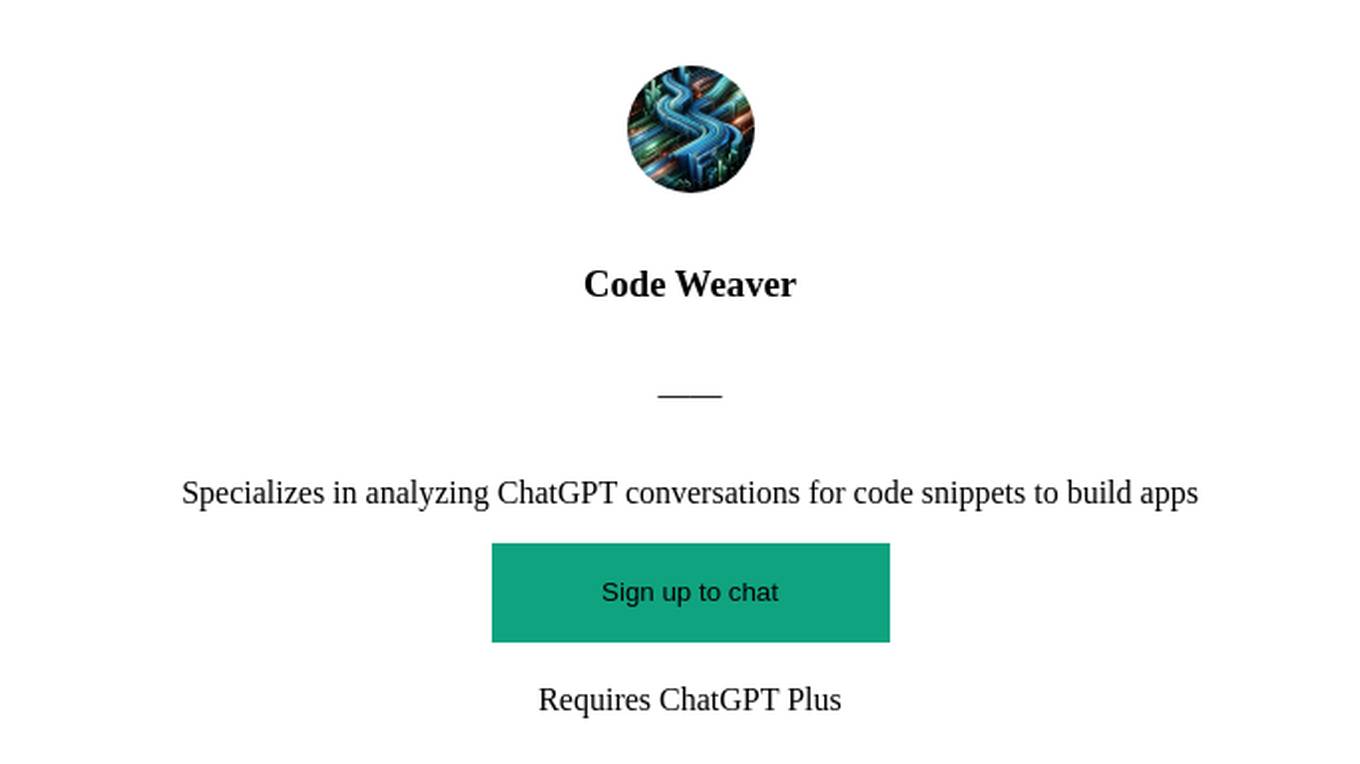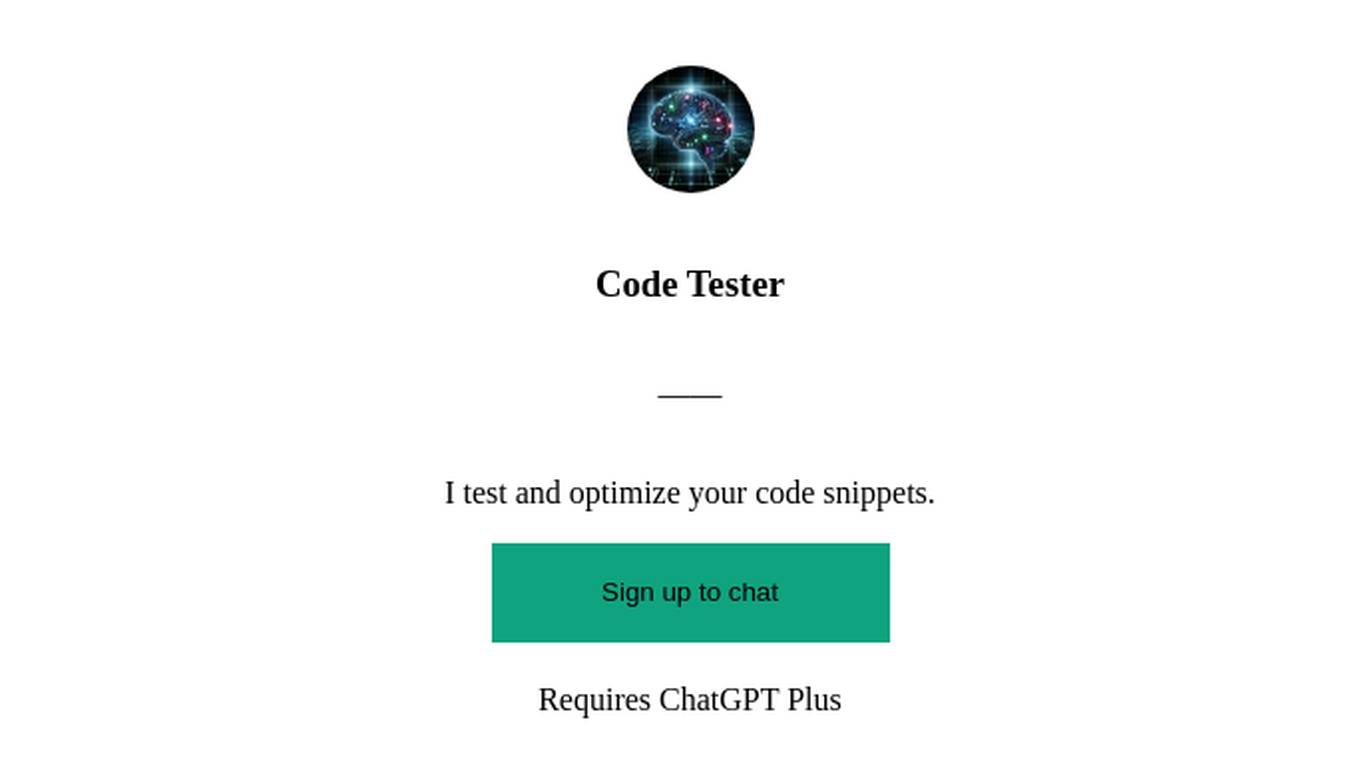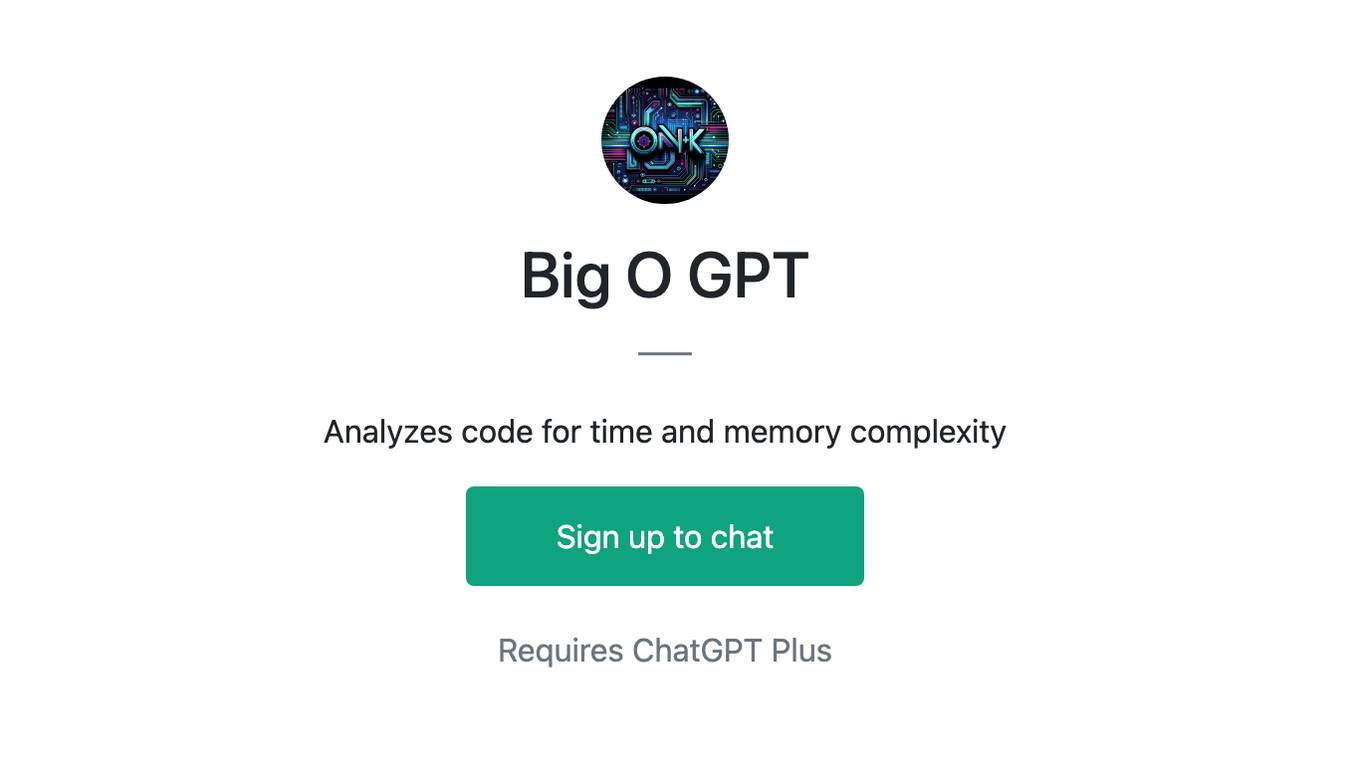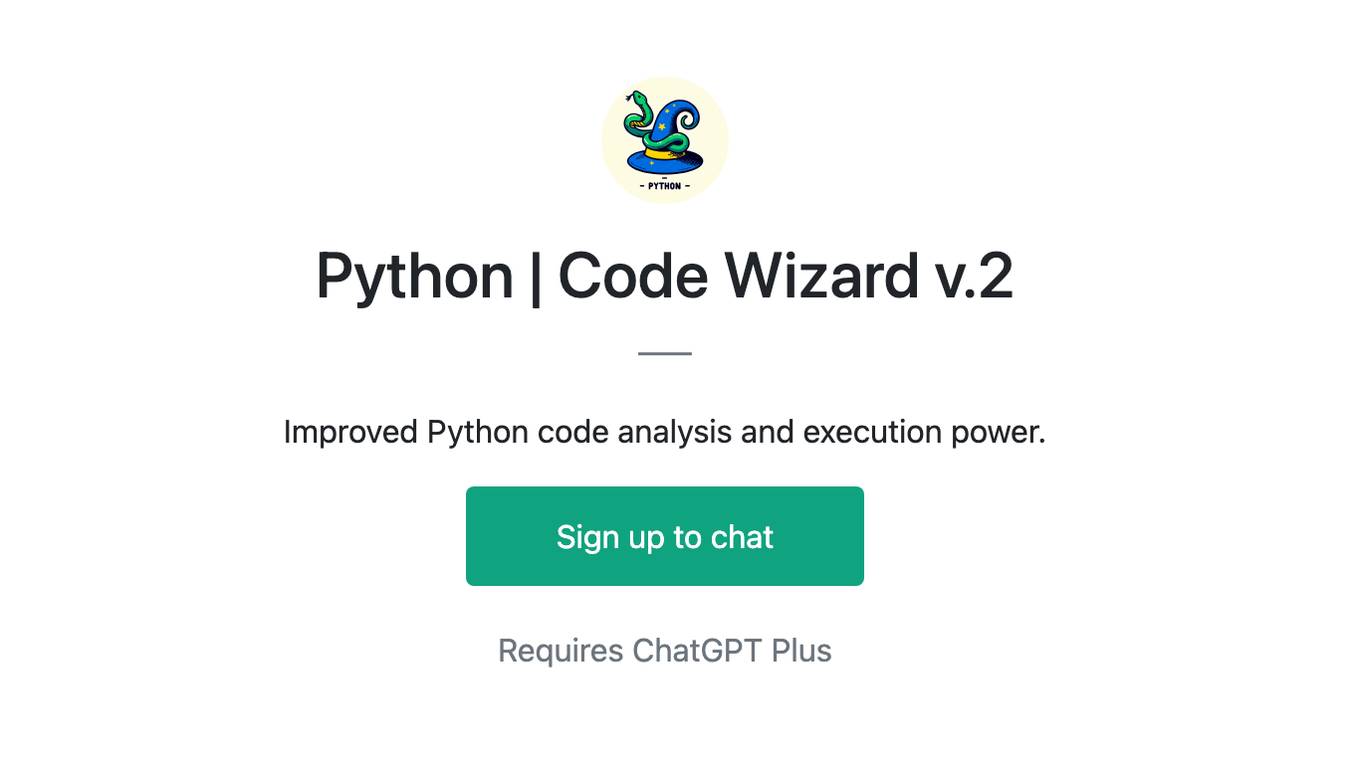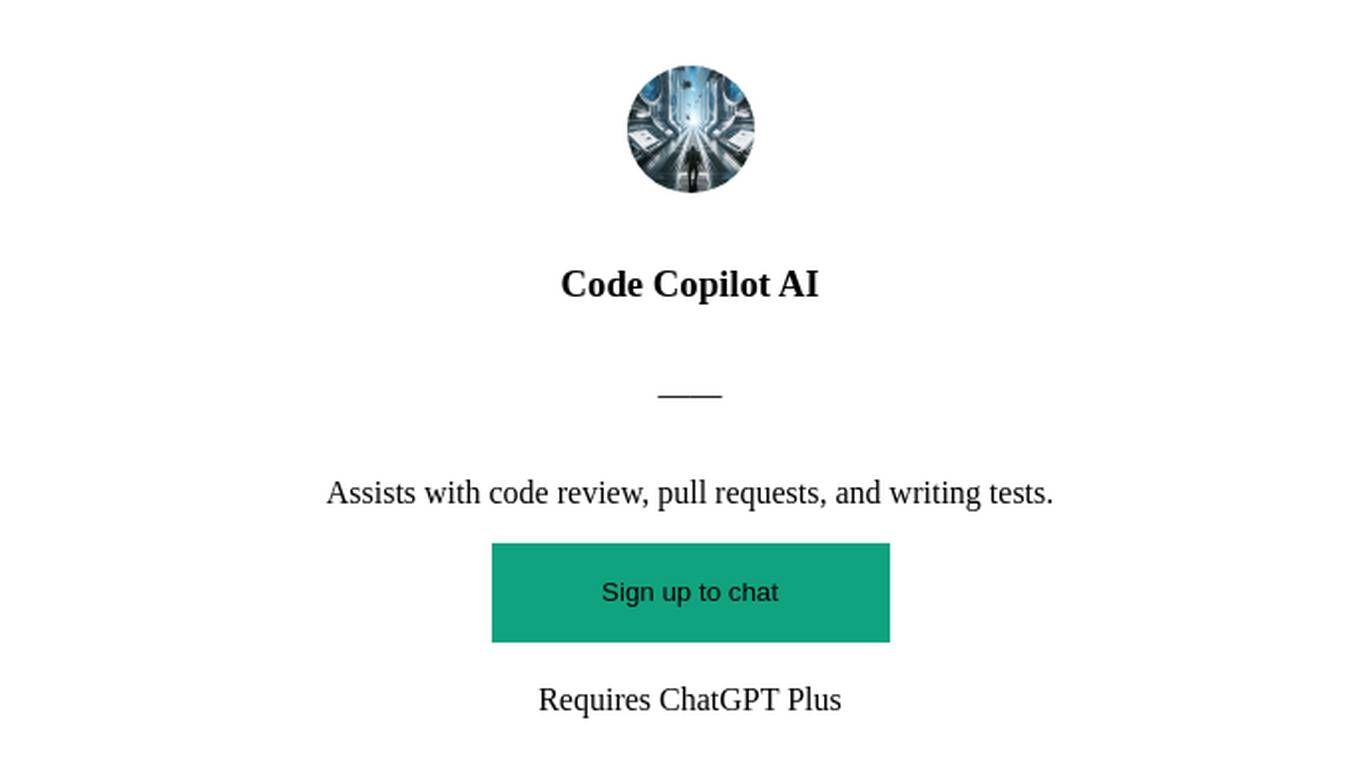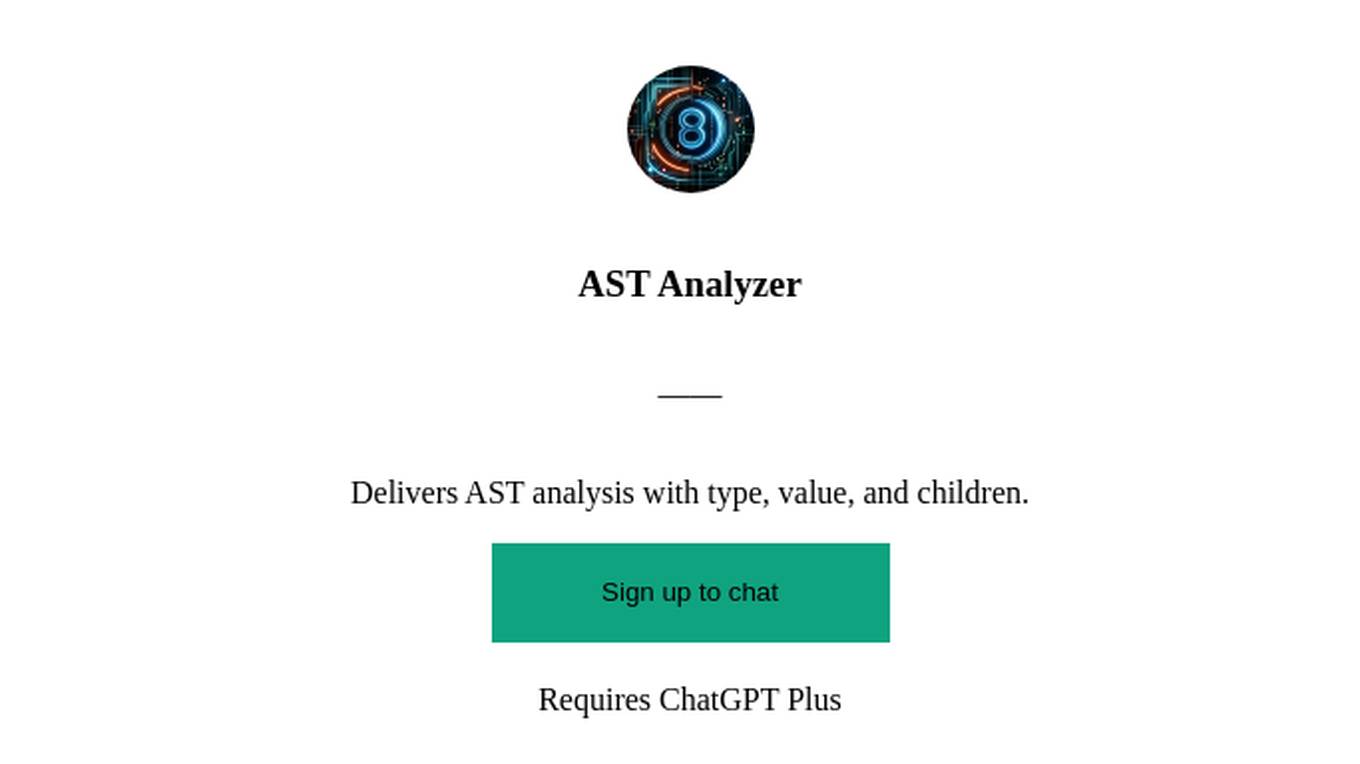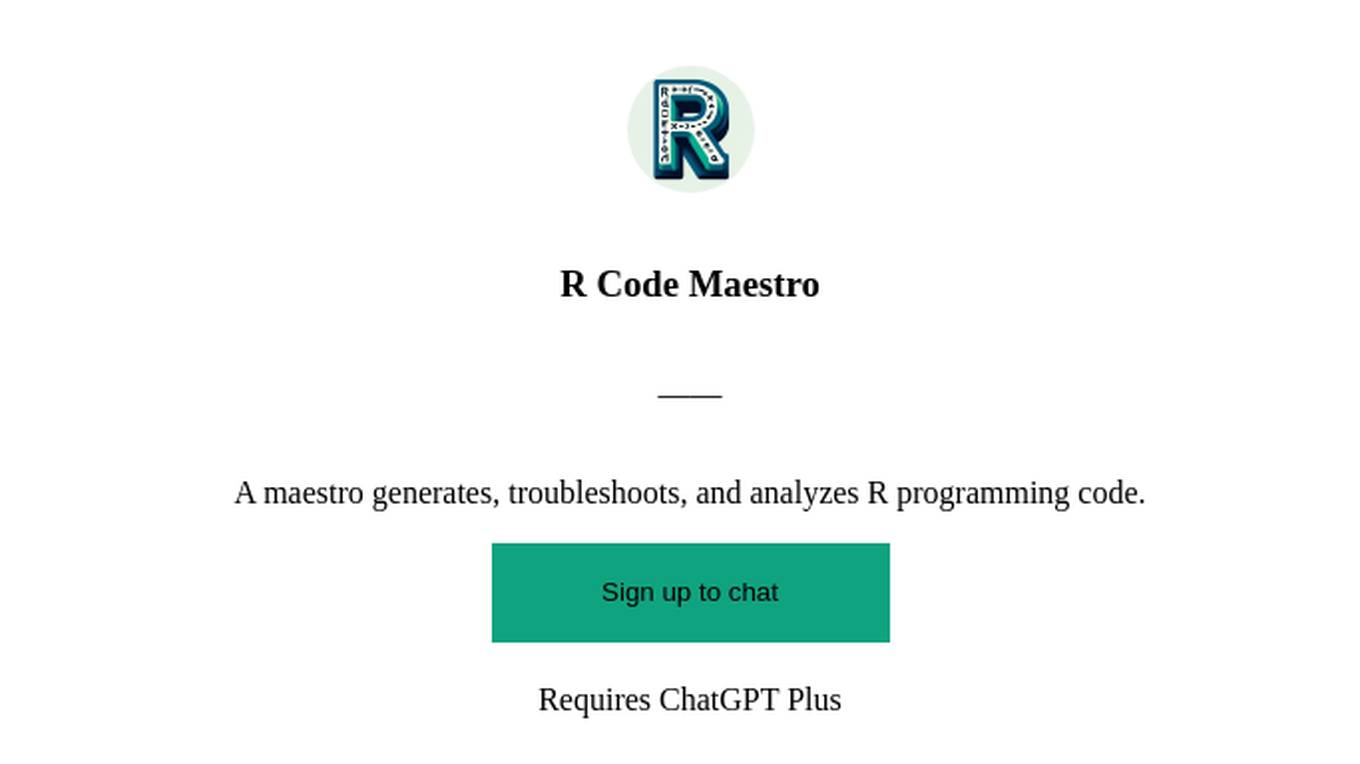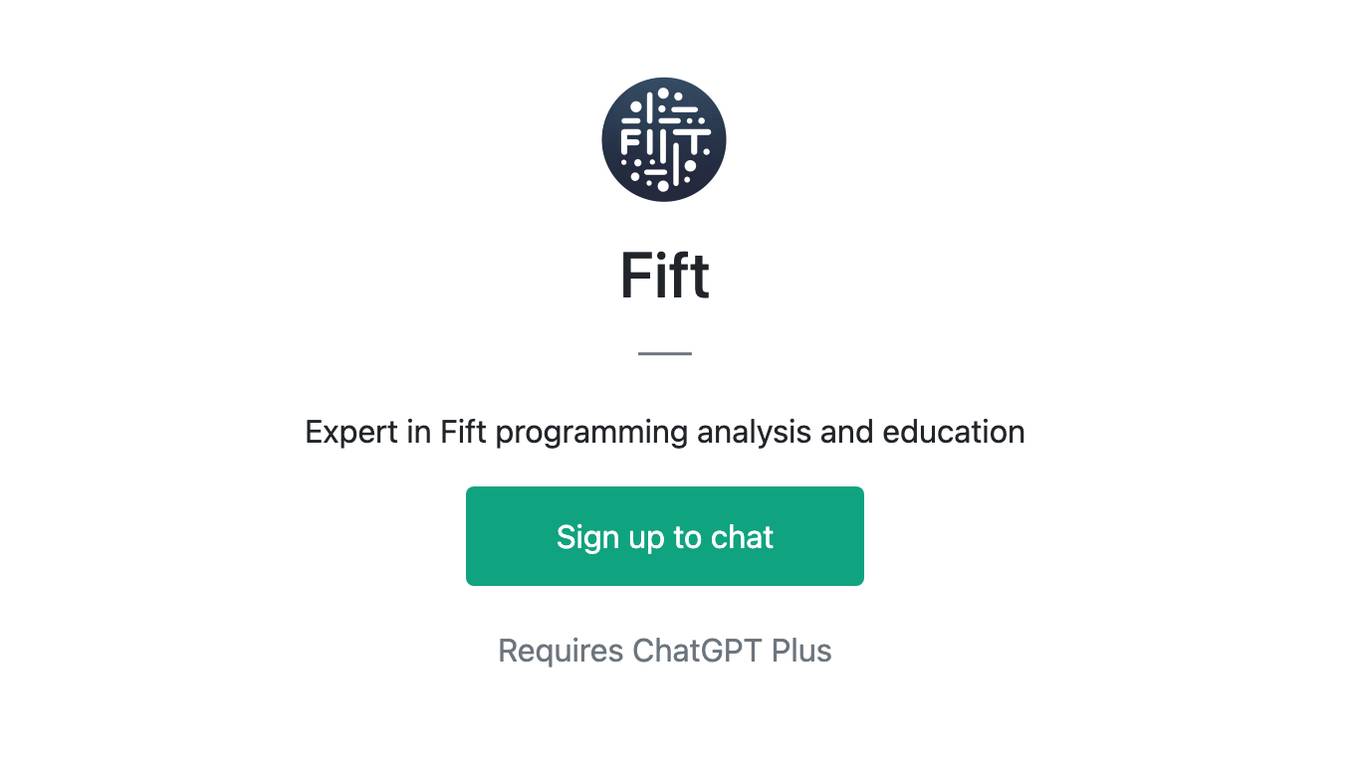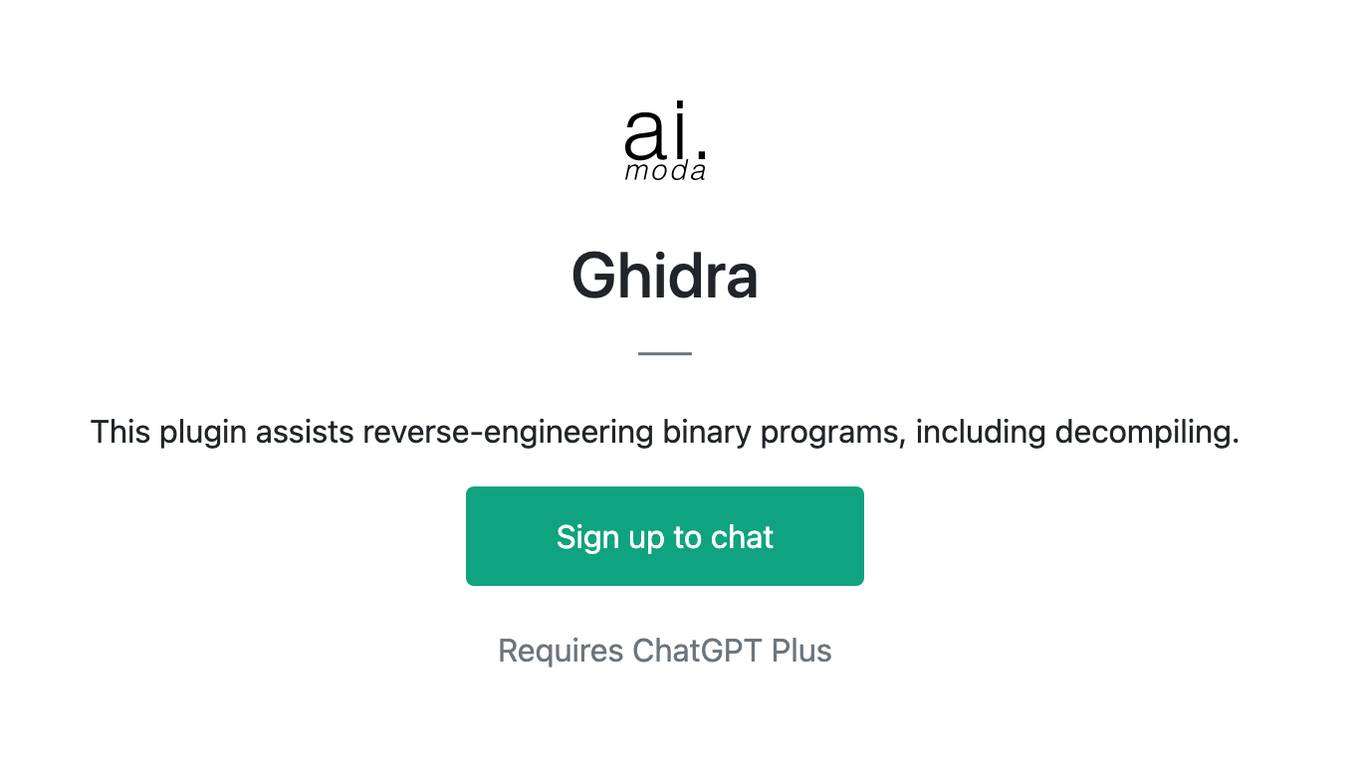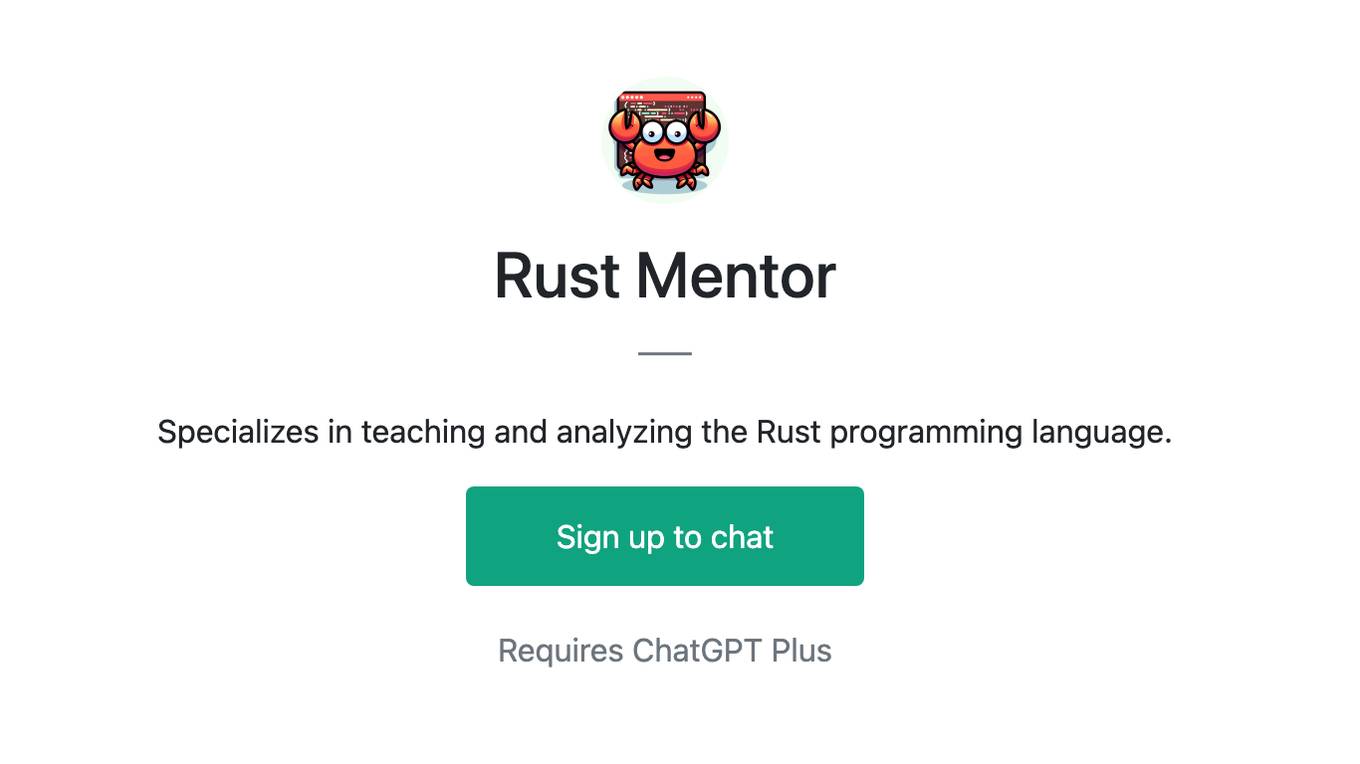Best AI tools for< Analyze Code Snippets >
20 - AI tool Sites
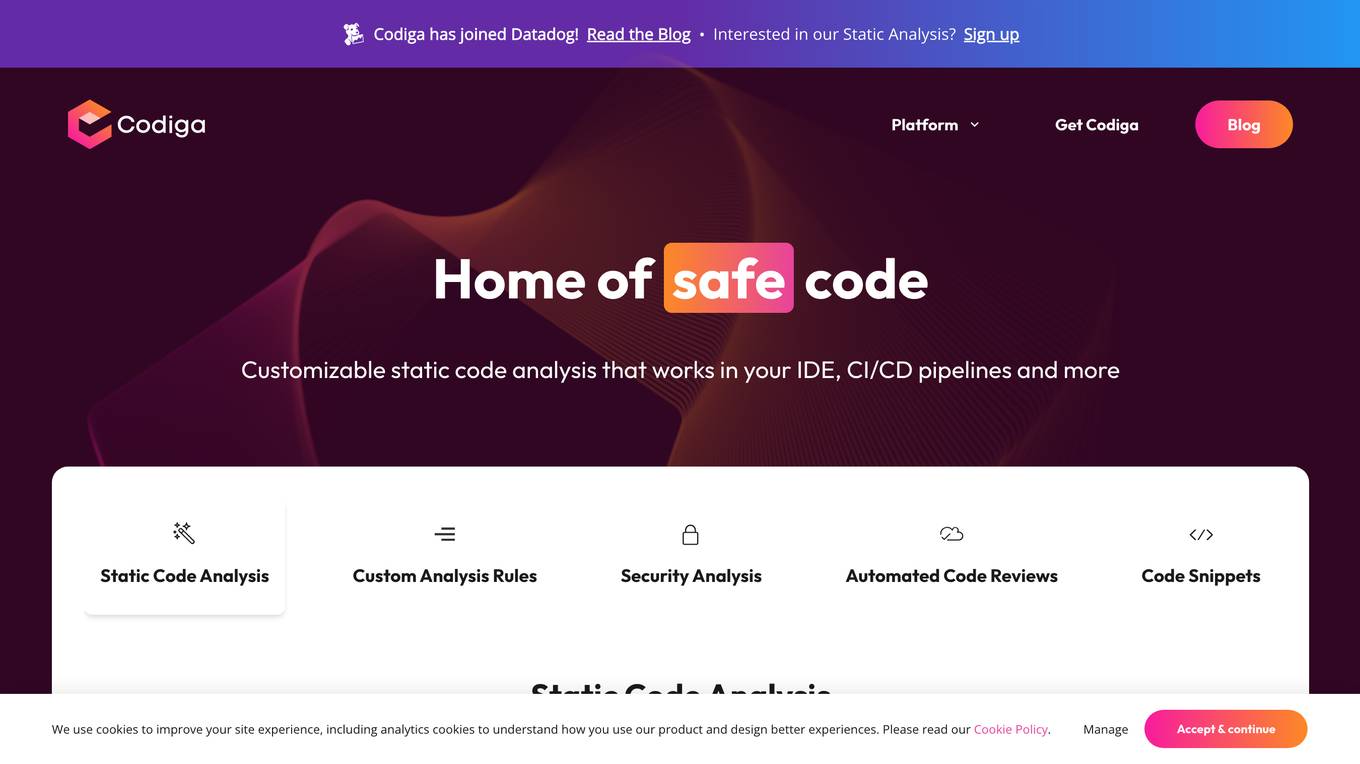
Codiga
Codiga is a static code analysis tool that helps developers write clean, safe, and secure code. It works in real-time in your IDE and CI/CD pipelines, and it can be customized to meet your specific needs. Codiga supports a wide range of languages and frameworks, and it integrates with popular tools like GitHub, GitLab, and Bitbucket.
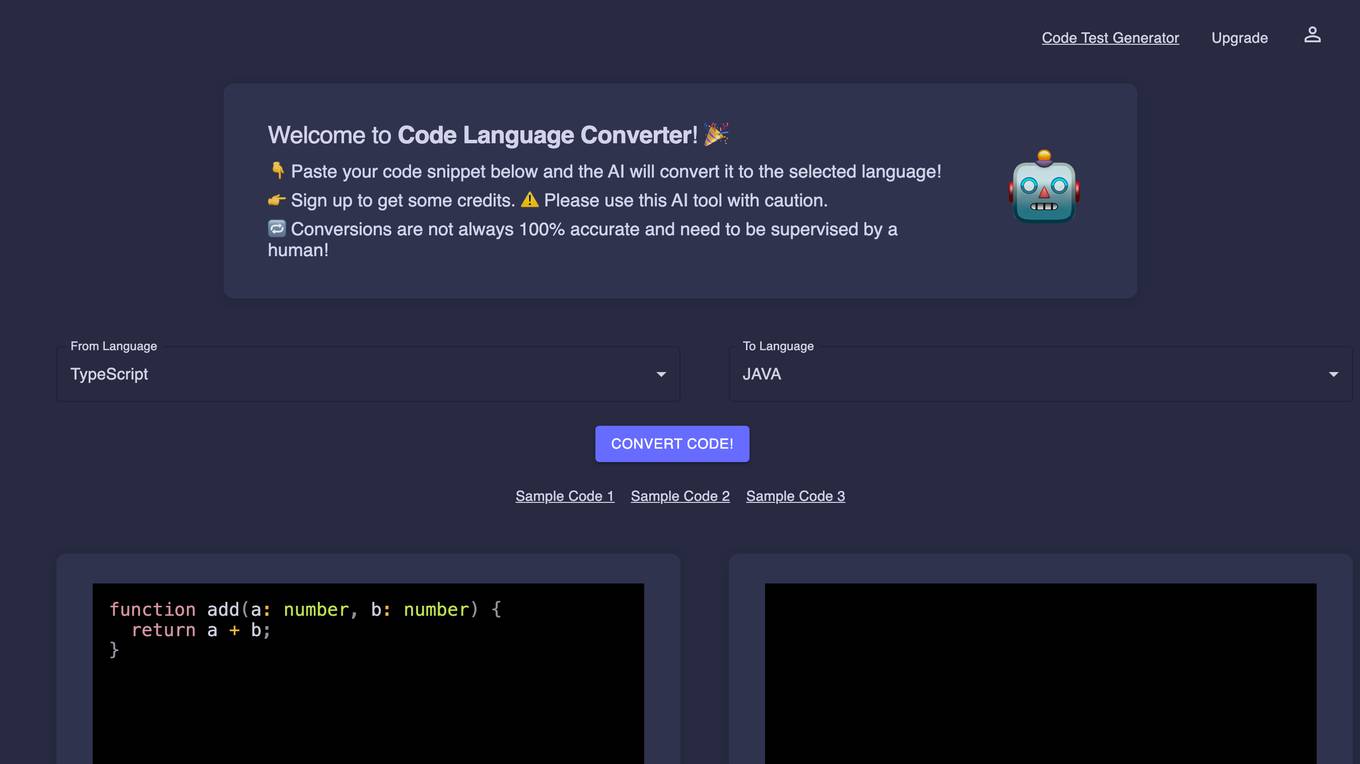
CodeConverter.com
CodeConverter.com is an AI code converter tool that allows users to convert code instantly across 120 programming languages. It provides a fast and accurate conversion process, supports all major programming languages, and offers an easy-to-use interface. The platform is completely online, secure, and private, ensuring user data privacy. CodeConverter.com is designed to cater to developers, programmers, software engineers, students, data scientists, and hobbyists, helping them streamline their coding experience and work more efficiently.
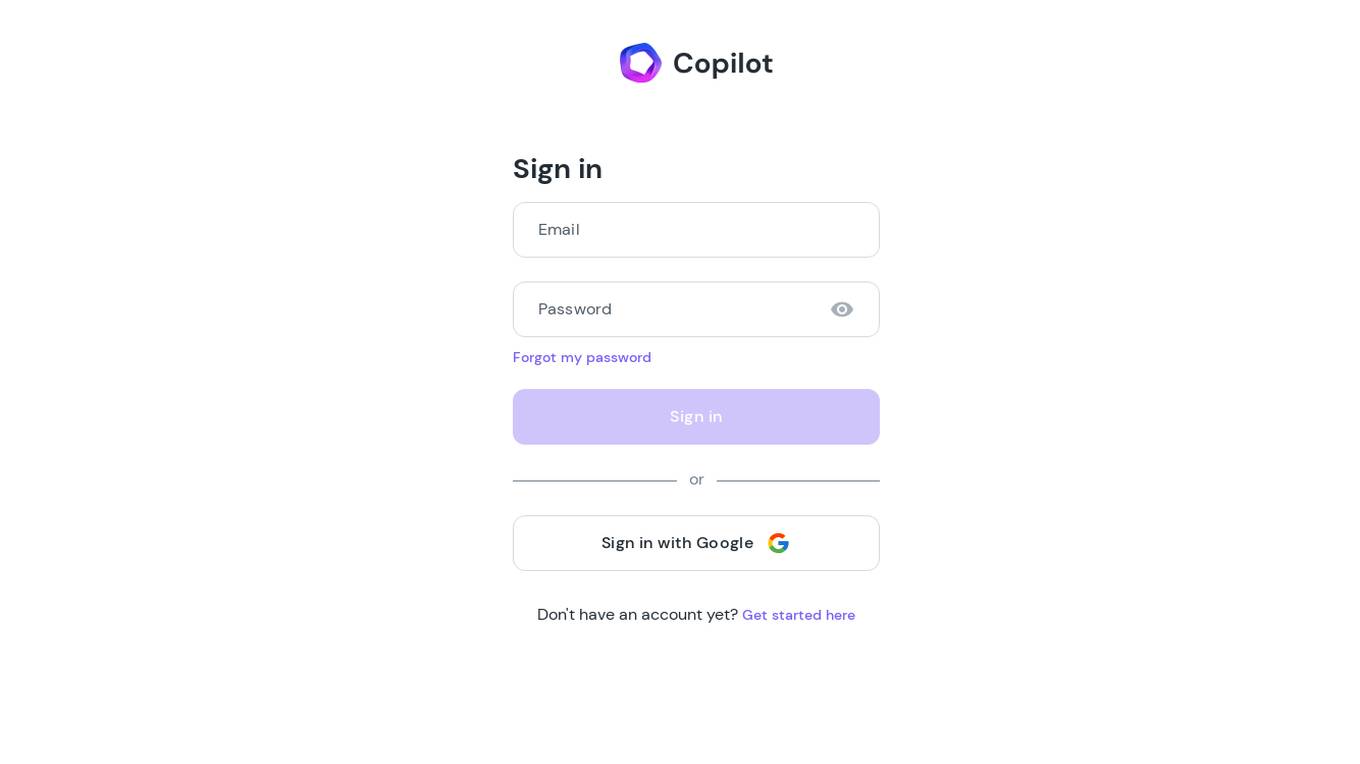
Copilot
Copilot is an AI-powered code completion tool developed by OpenAI. It assists developers in writing code by providing suggestions and completing code snippets based on the context. Copilot uses machine learning algorithms to analyze code patterns and predict the next lines of code, making coding faster and more efficient. With its intuitive interface, Copilot aims to streamline the coding process and enhance developer productivity.
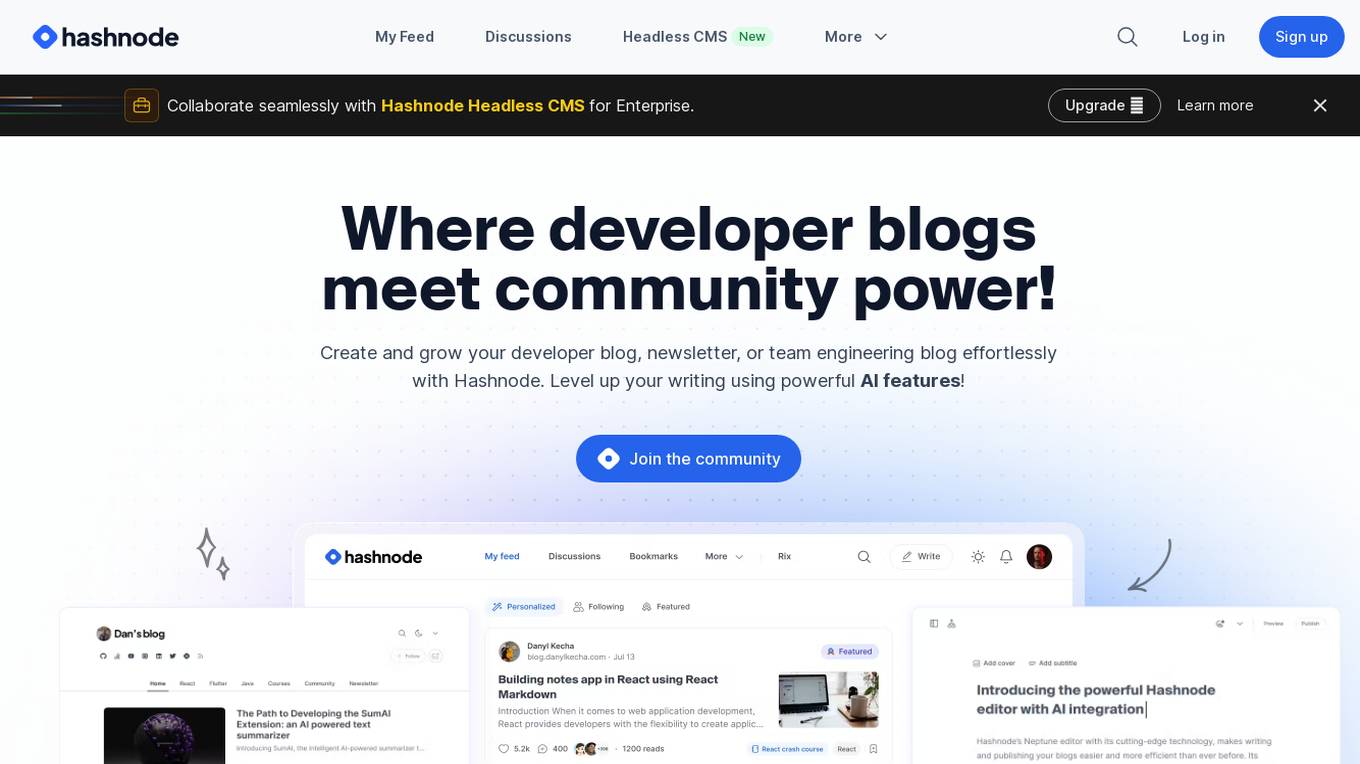
Hashnode
Hashnode is a blogging platform optimized for software developers and technical writers. It offers features such as a custom domain, sub-path, hosted/headless CMS, and powerful AI features to help users create and grow their developer blogs, newsletters, or team engineering blogs effortlessly. Hashnode's platform is designed to be fast, SEO-optimized, and user-friendly, providing developers with a seamless blogging experience.
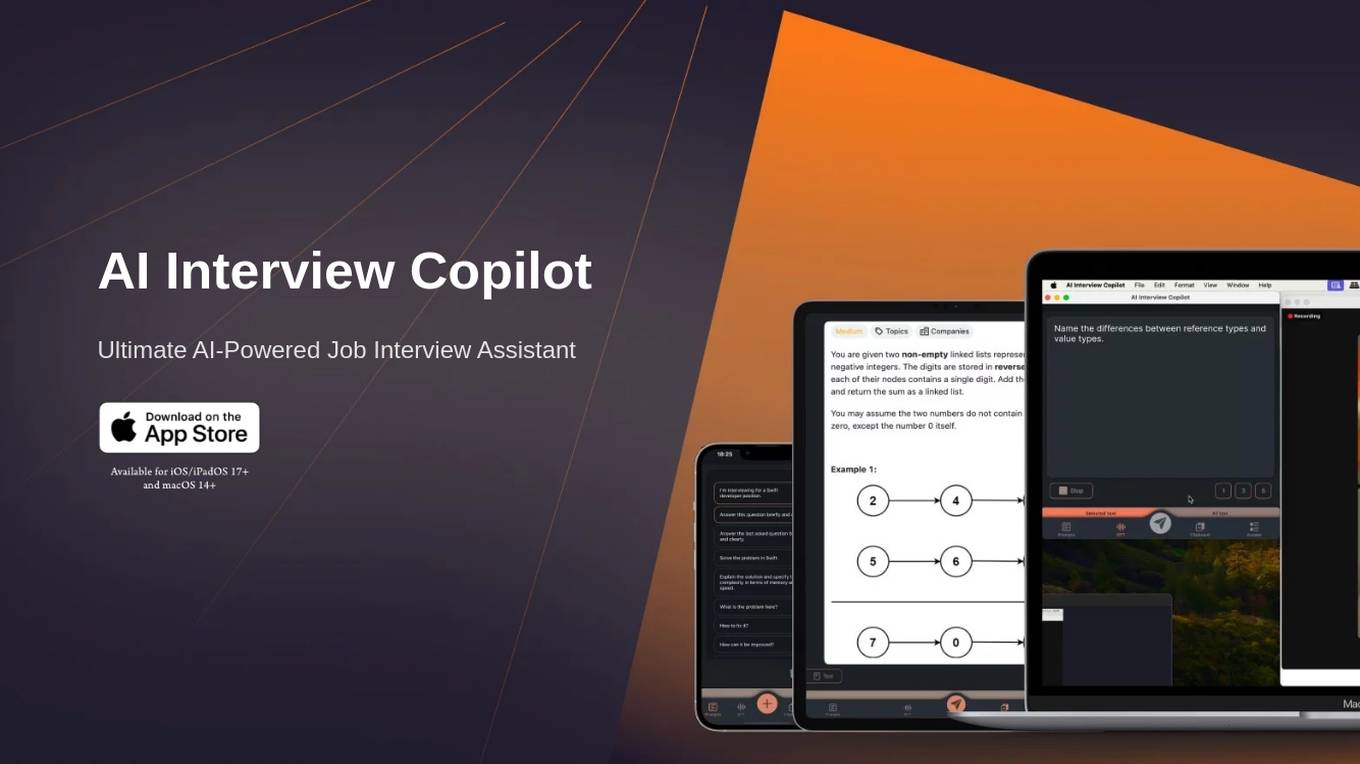
AI Interview Copilot
AI Interview Copilot is the ultimate AI-powered job interview assistant that provides voice transcription, image and screenshot recognition, easy management, accurate answers, and algorithm problem-solving capabilities. It supports 57 languages and offers seamless integration with various devices for a stress-free interview experience. The application aims to assist users in tackling technical interview questions, providing quick responses, and generating code snippets in real-time.
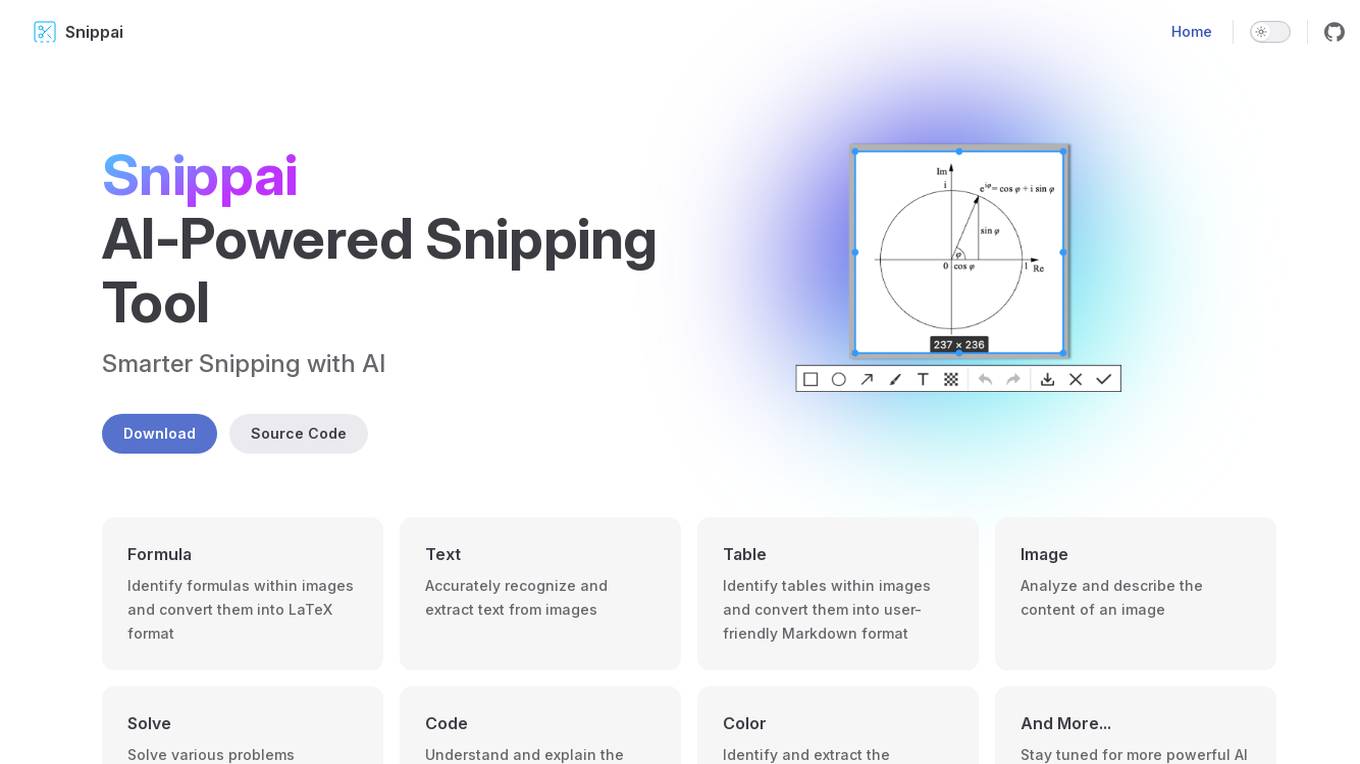
Snippai
Snippai is an AI-powered snipping tool that offers advanced features such as identifying formulas, extracting text, recognizing tables, analyzing images, solving problems, understanding code snippets, and extracting colors. It leverages artificial intelligence to enhance the snipping experience and provide users with accurate and efficient results.
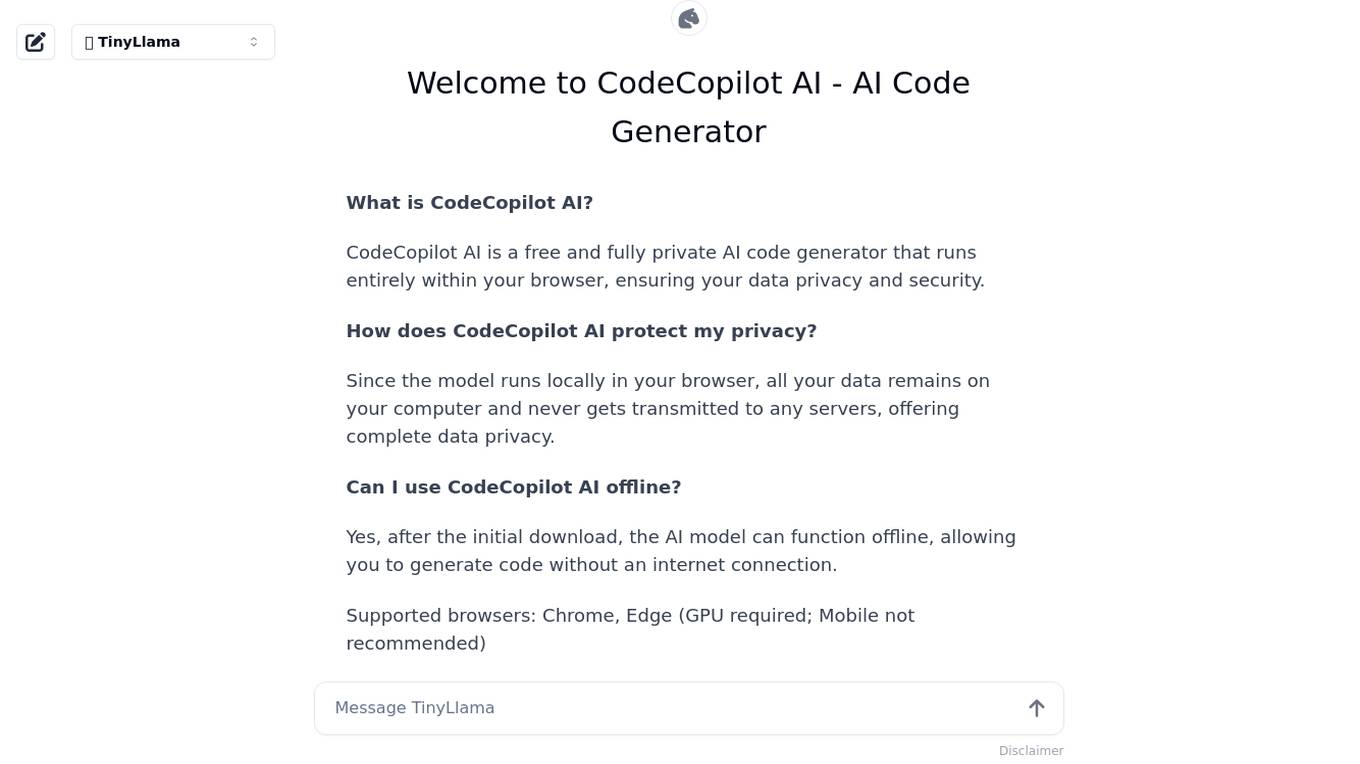
CodeCopilot AI
CodeCopilot AI is an AI-powered code generation tool that assists developers in writing code more efficiently. By leveraging machine learning algorithms, the tool analyzes code snippets and provides suggestions for completing code blocks. With its intuitive interface, developers can save time and improve productivity by automating repetitive coding tasks. CodeCopilot AI is designed to streamline the coding process and enhance the overall development experience.
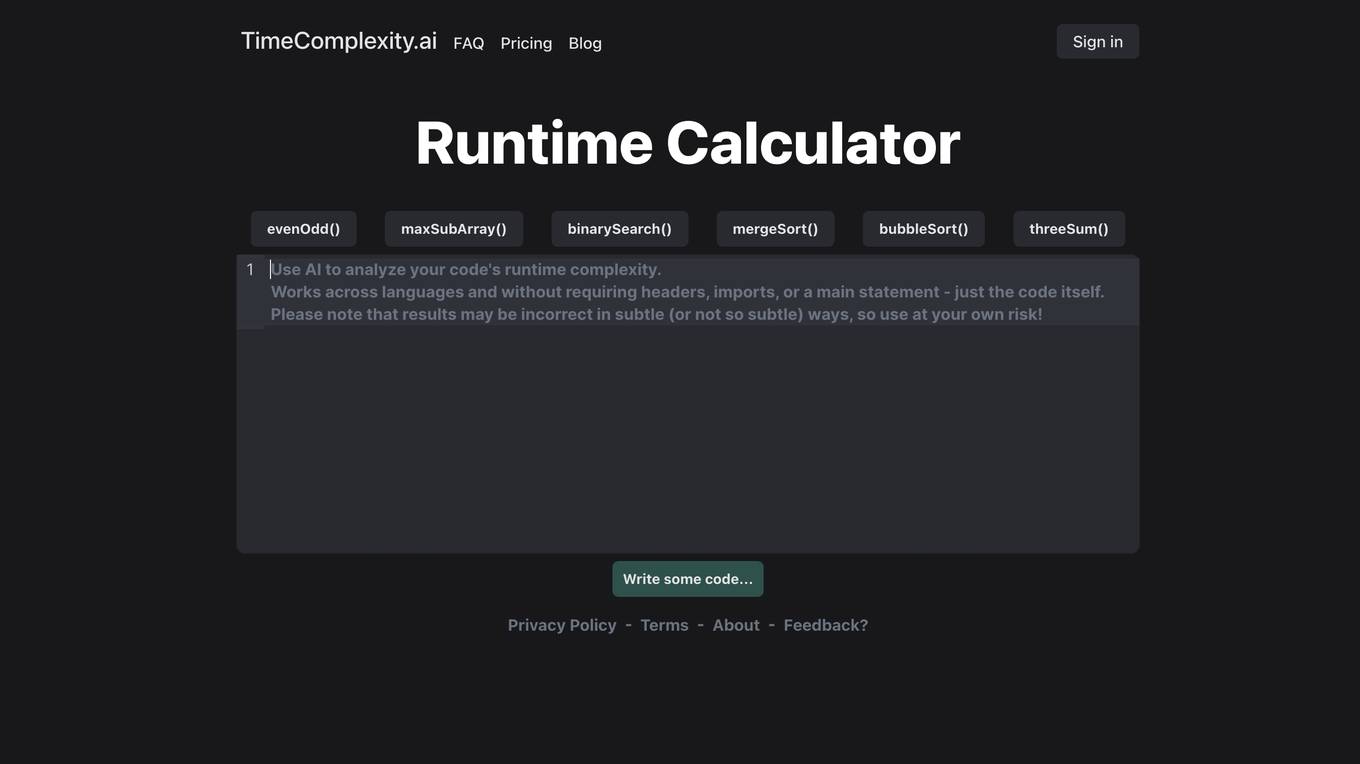
TimeComplexity.ai
TimeComplexity.ai is an AI tool that helps users analyze the runtime complexity of their code. It can be used across different programming languages without the need for headers, imports, or a main statement. Users can input their code and get insights into its time complexity. However, it is important to note that the results may not always be accurate, so caution is advised when using the tool.
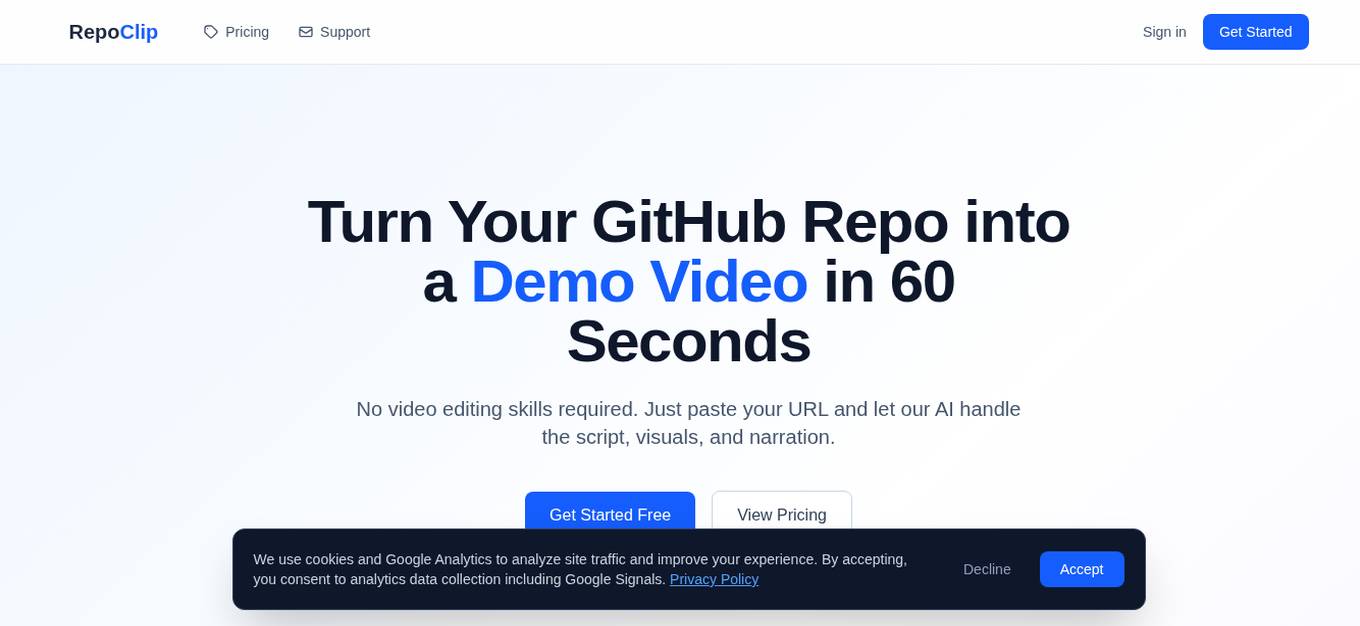
RepoClip
RepoClip is an AI-powered tool that transforms GitHub repositories into captivating promotional videos. With RepoClip, users can effortlessly create professional demo videos in minutes without the need for video editing skills. The tool leverages AI to analyze code structure, generate compelling scripts, visuals, and narration, providing users with high-quality videos to showcase their projects. RepoClip supports both public and private GitHub repositories, offering features like customizable narration tone, visual style, and voice. It ensures code safety, fast video generation, and professional output at a fraction of the cost compared to hiring a freelancer.
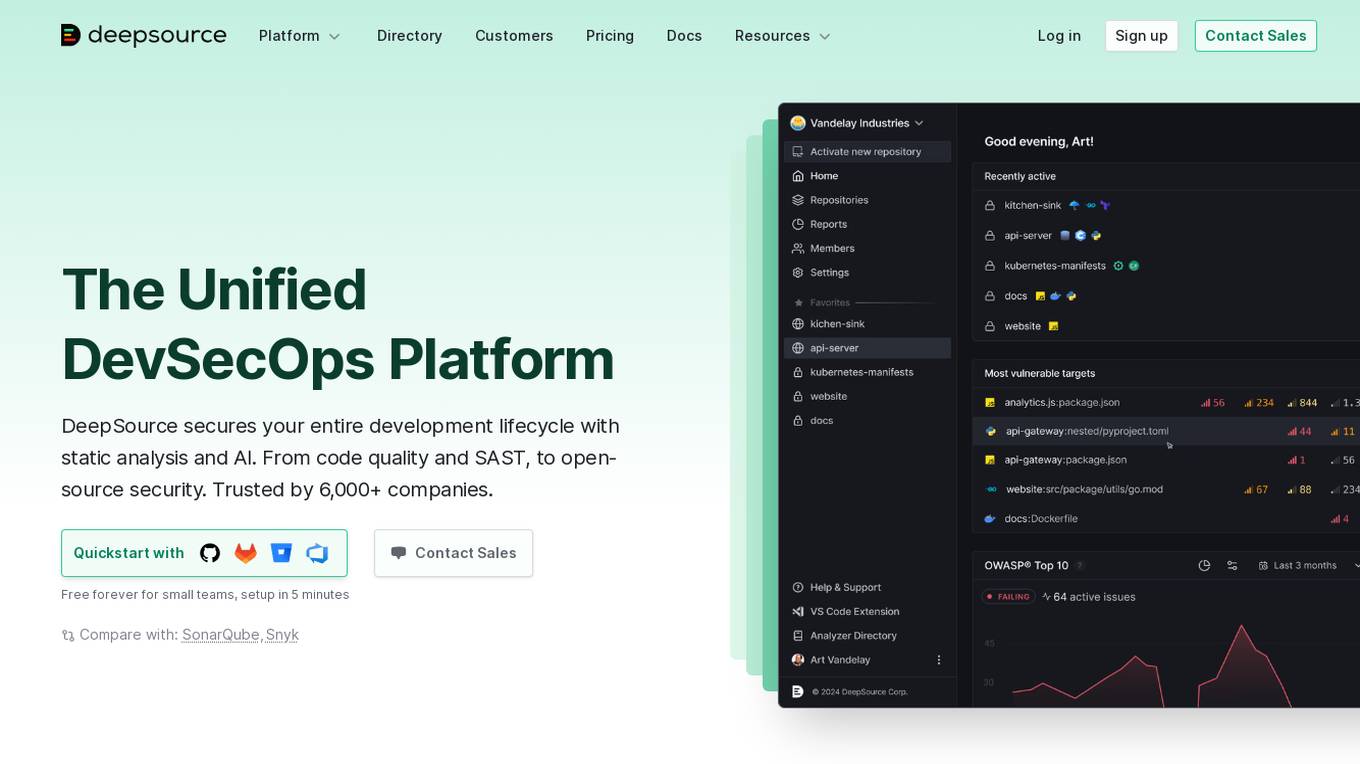
DeepSource
DeepSource is a Unified DevSecOps Platform that secures the entire development lifecycle with static analysis and AI. It offers code quality and SAST, open-source security, and is trusted by over 6,000 companies. The platform helps in finding and fixing security vulnerabilities before code is merged, with a low false-positive rate and customizable security gates for pull requests. DeepSource is built for modern software development, providing features like Autofix™ AI, code coverage, and integrations with popular tools like Jira and GitHub Issues. It offers detailed reports, issue suppression, and metric thresholds to ensure clean and secure code shipping.
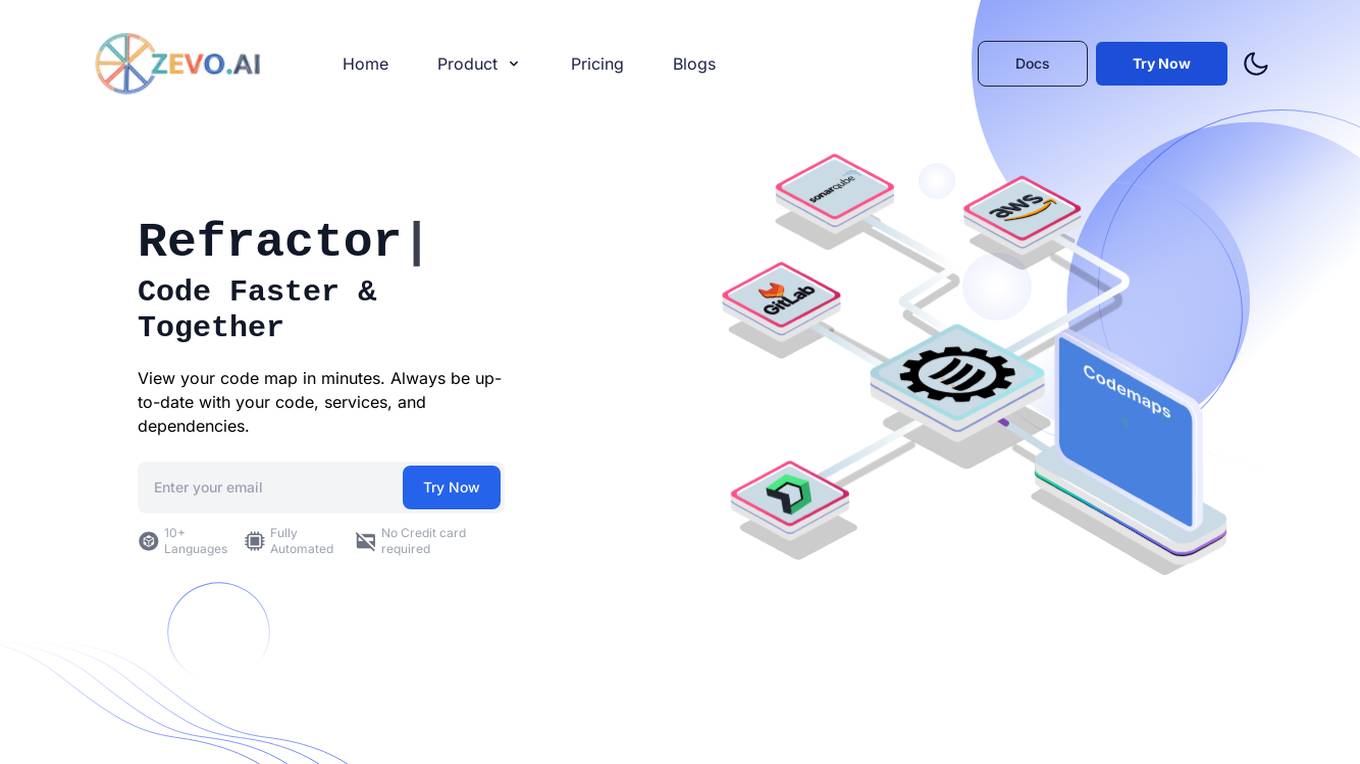
Zevo.ai
Zevo.ai is an AI-powered code visualization tool designed to accelerate code comprehension, deployment, and observation. It offers dynamic code analysis, contextual code understanding, and automatic code mapping to help developers streamline shipping, refactoring, and onboarding processes for both legacy and existing applications. By leveraging AI models, Zevo.ai provides deeper insights into code, logs, and cloud infrastructure, enabling developers to gain a better understanding of their codebase.
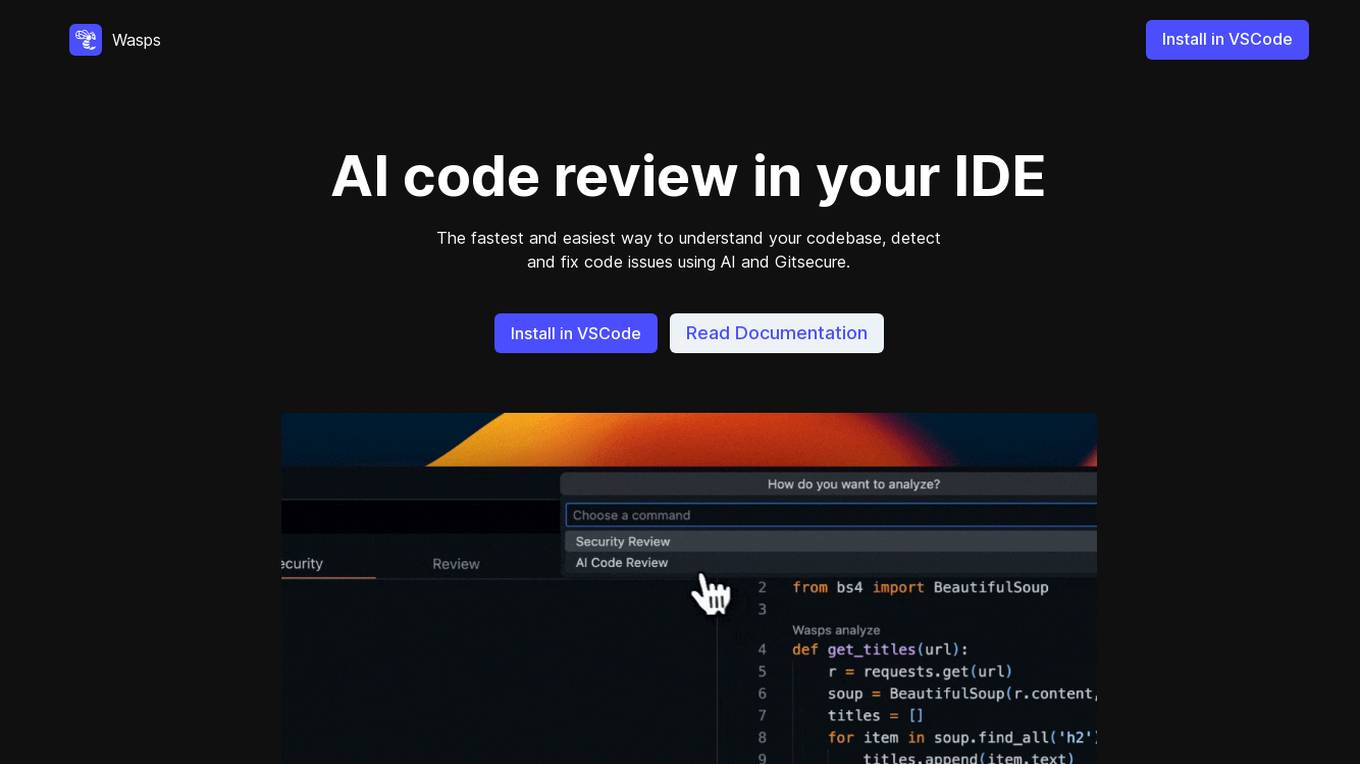
Wasps
Wasps is an AI code review tool that integrates seamlessly into VSCode, providing developers with a fast and efficient way to understand their codebase, detect and fix code issues using AI and Gitsecure. With Wasps, developers can identify and fix buggy & vulnerable code in minutes, receive clear and actionable feedback driven by deep analysis, and get recommendations for potential issues and improvements within their codebase. The tool allows developers to keep coding as usual while Wasps analyzes their code for them, making it easier to maintain code quality and keep bugs out of their code.
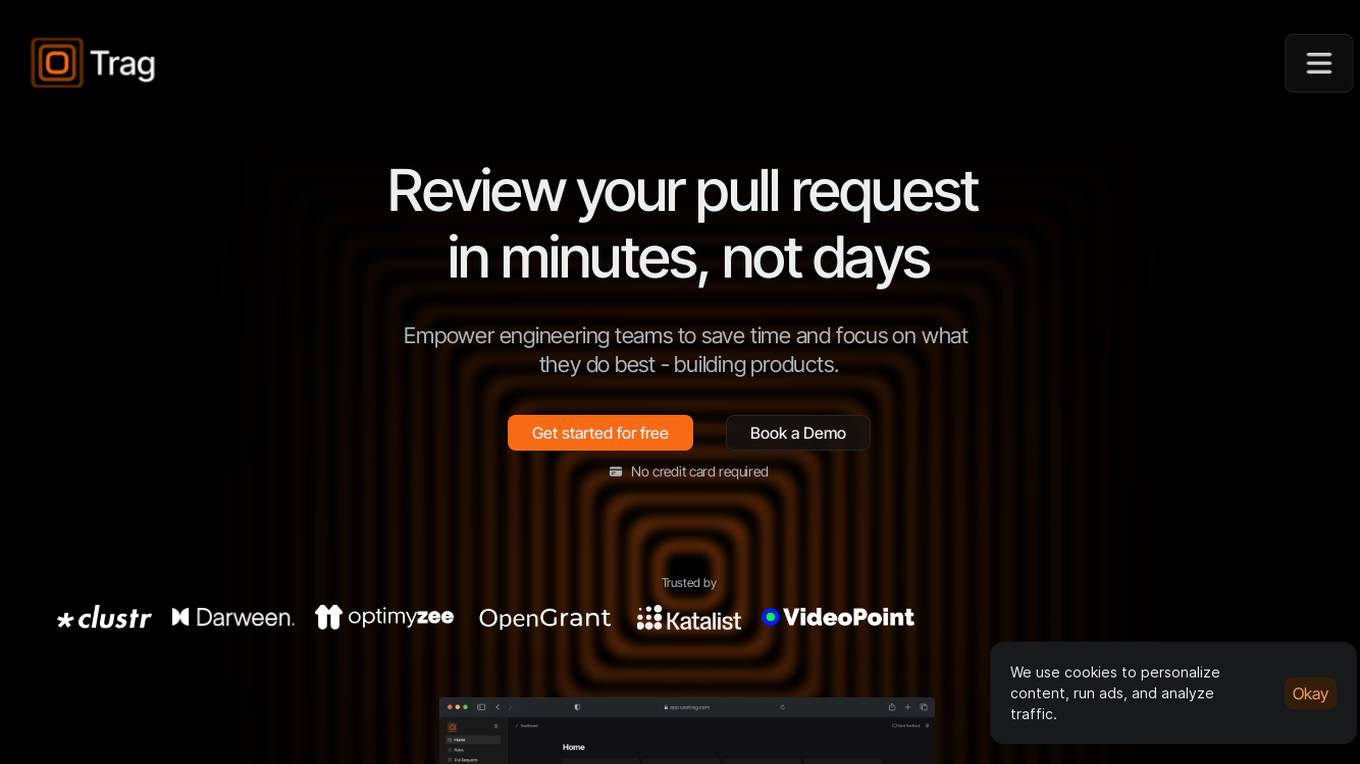
Trag
Trag is an AI-powered tool designed to review pull requests in minutes, empowering engineering teams to save time and focus on building products. With Trag, users can create custom patterns for code review, ensuring best practices are followed and bugs are caught early. The tool offers features like autofix with AI, monitoring progress, connecting multiple repositories, pull request review, analytics, and team workspaces. Trag stands out from traditional linters by providing complex code understanding, semantic code analysis, predictive bug detection, and refactoring suggestions. It aims to streamline code reviews and help teams ship faster with AI-powered reviews.
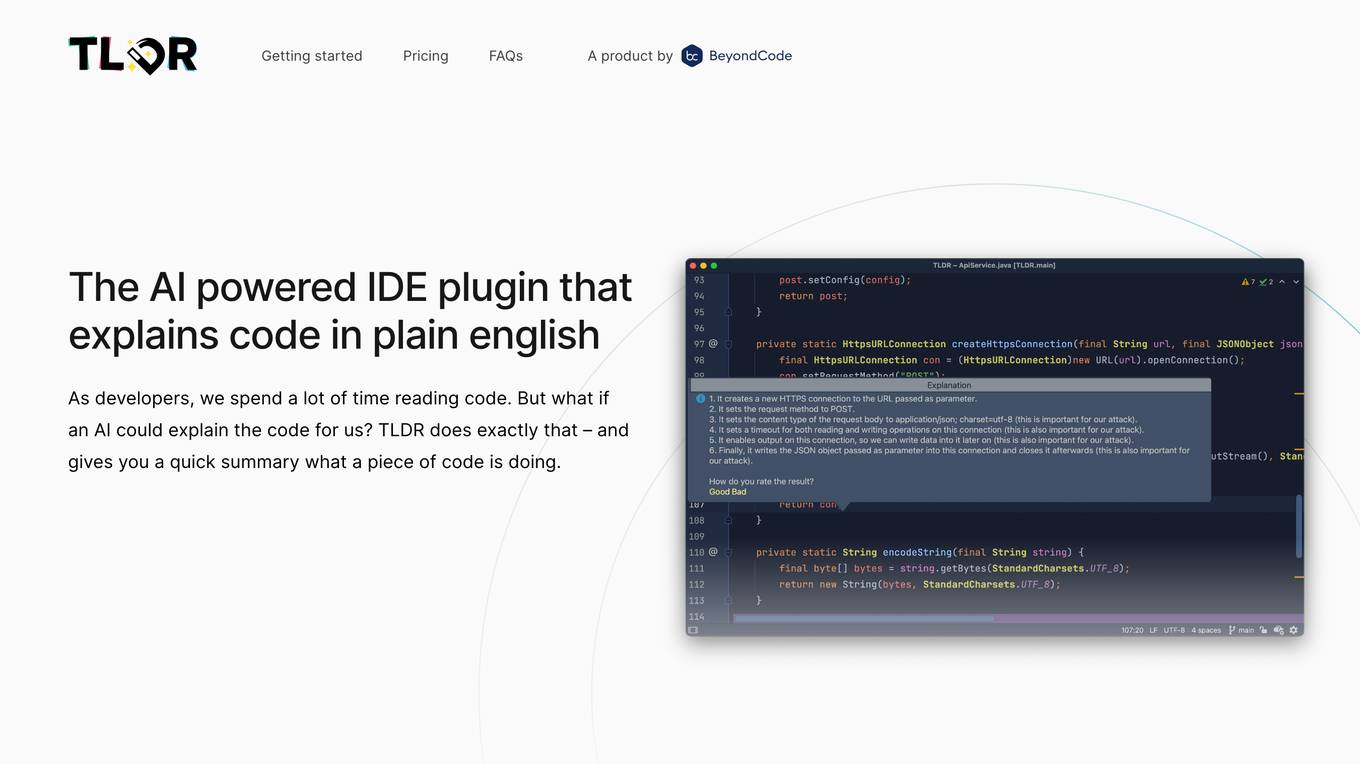
TLDR
TLDR is an AI-powered IDE plugin that explains code in plain English. It helps developers understand code by providing quick summaries of what a piece of code is doing. The tool supports almost all programming languages and offers a free version for users to try before purchasing. TLDR aims to simplify the understanding of complex code structures and save developers time in comprehending codebases.
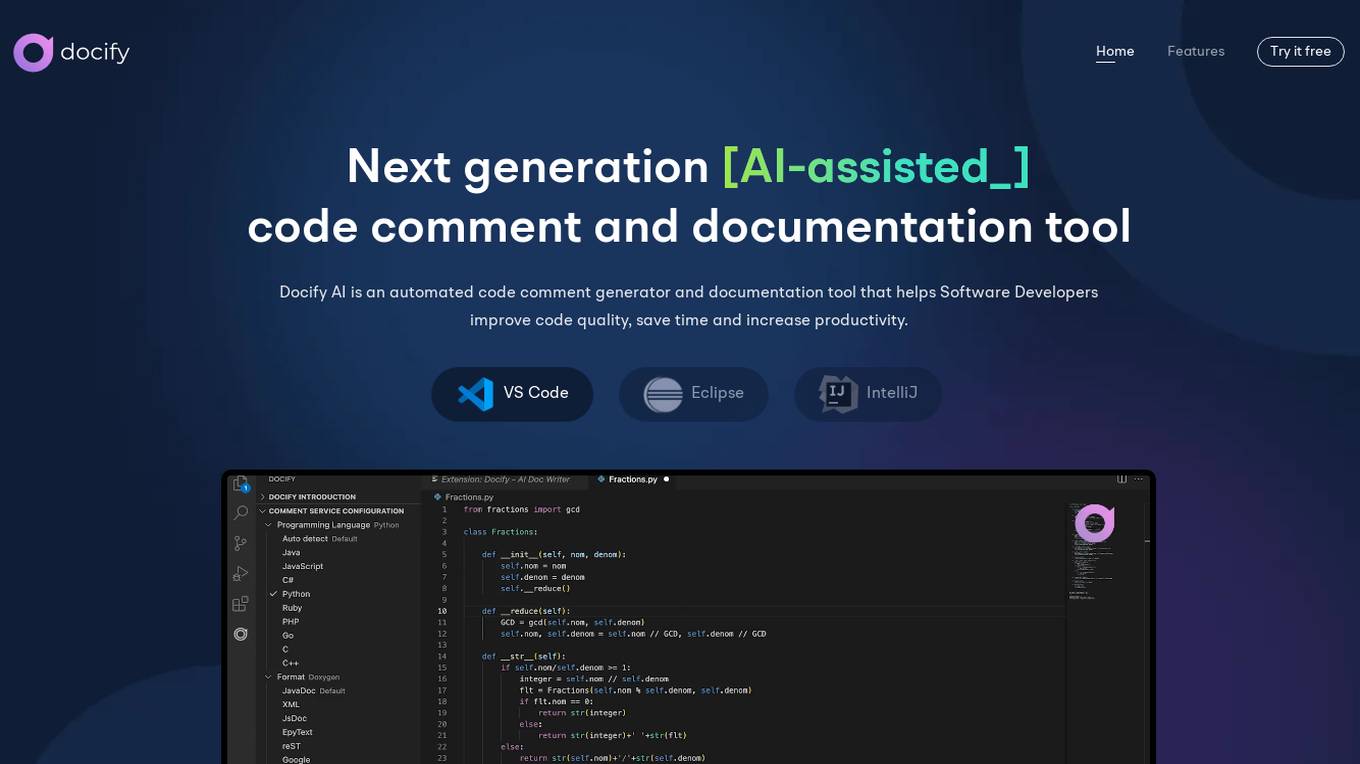
Docify AI
Docify AI is an AI-assisted code comment and documentation tool designed to help software developers improve code quality, save time, and increase productivity. It offers features such as automated documentation generation, comment translation, inline comments, and code coverage analysis. The tool supports multiple programming languages and provides a user-friendly interface for efficient code documentation. Docify AI is built on proprietary AI models, ensuring data privacy and high performance for professional developers.

GPTPLUS
GPTPLUS is a Chrome and Edge browser extension powered by GPT-4 and GPT-3.5 that provides AI-powered writing, translation, code analysis, and Q&A assistance. It allows users to chat with ChatGPT in a sidebar, use prompts to enhance answers, and process selected text with a single click. GPTPLUS is free to use, with premium plans offering additional features.
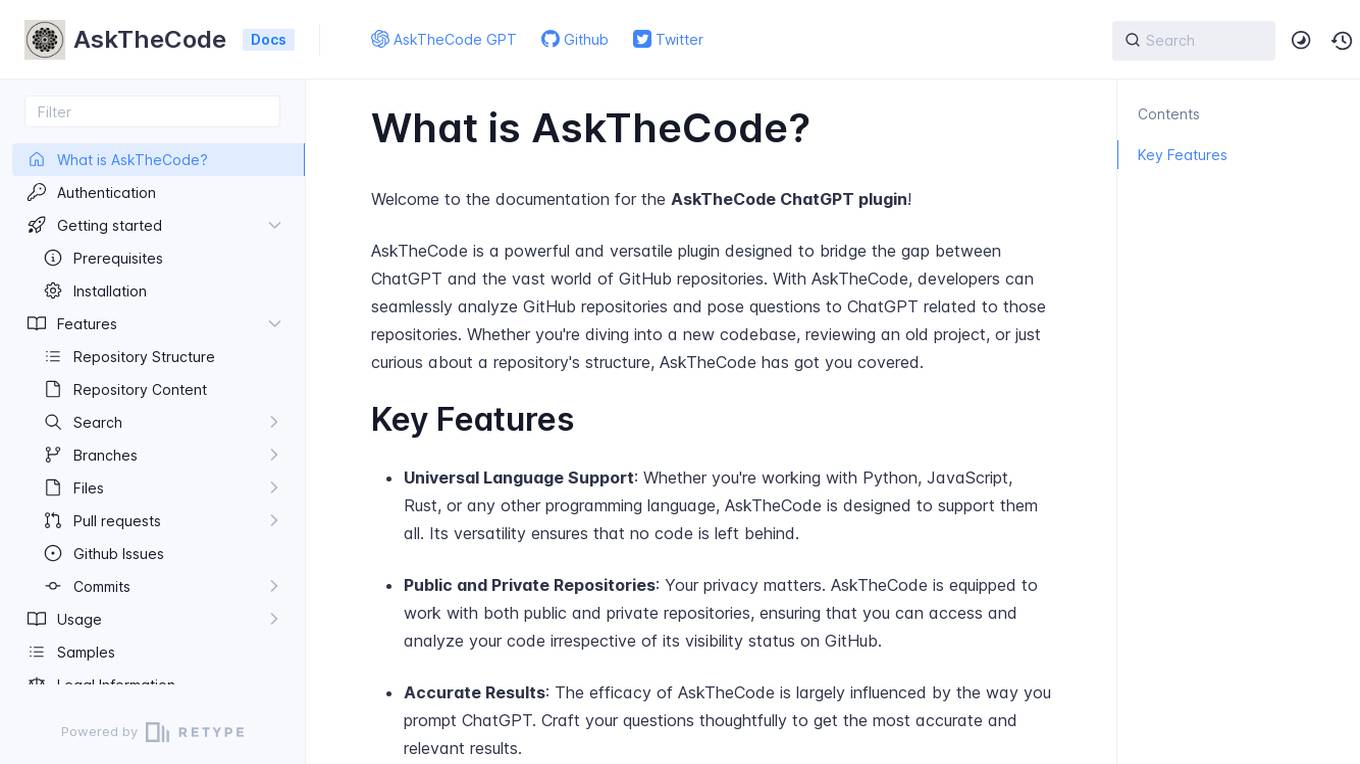
AskTheCode
AskTheCode is a powerful and versatile plugin designed to bridge the gap between ChatGPT and GitHub repositories. It allows developers to seamlessly analyze GitHub repositories and ask questions related to those repositories using ChatGPT. The tool supports universal language, works with both public and private repositories, and provides accurate results based on thoughtful prompts. AskTheCode aims to assist developers in exploring and understanding codebases, projects, and repository structures.
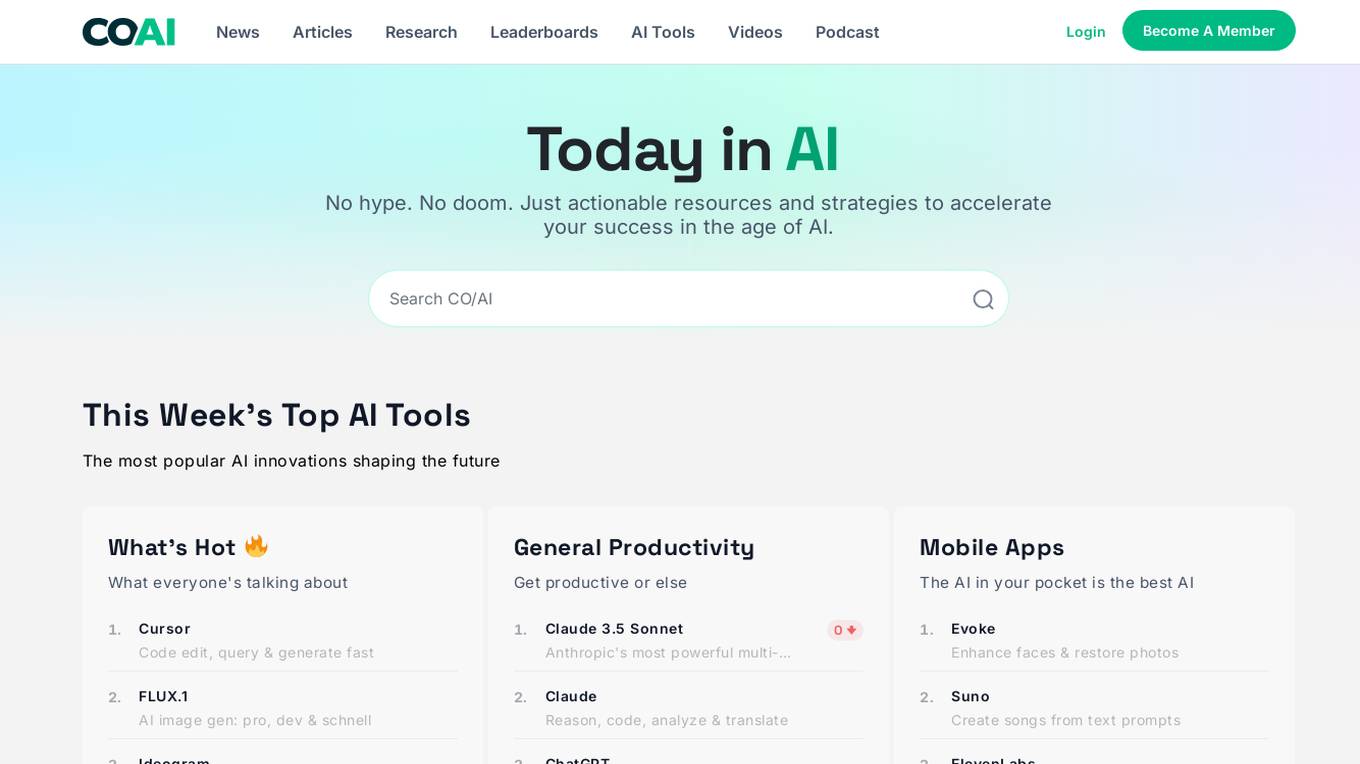
CO/AI
CO/AI is an AI tool that provides actionable resources and strategies to accelerate success in the age of AI. It offers a wide range of AI tools, resources, and community discussions to help users stay updated and informed about the latest trends and developments in artificial intelligence.
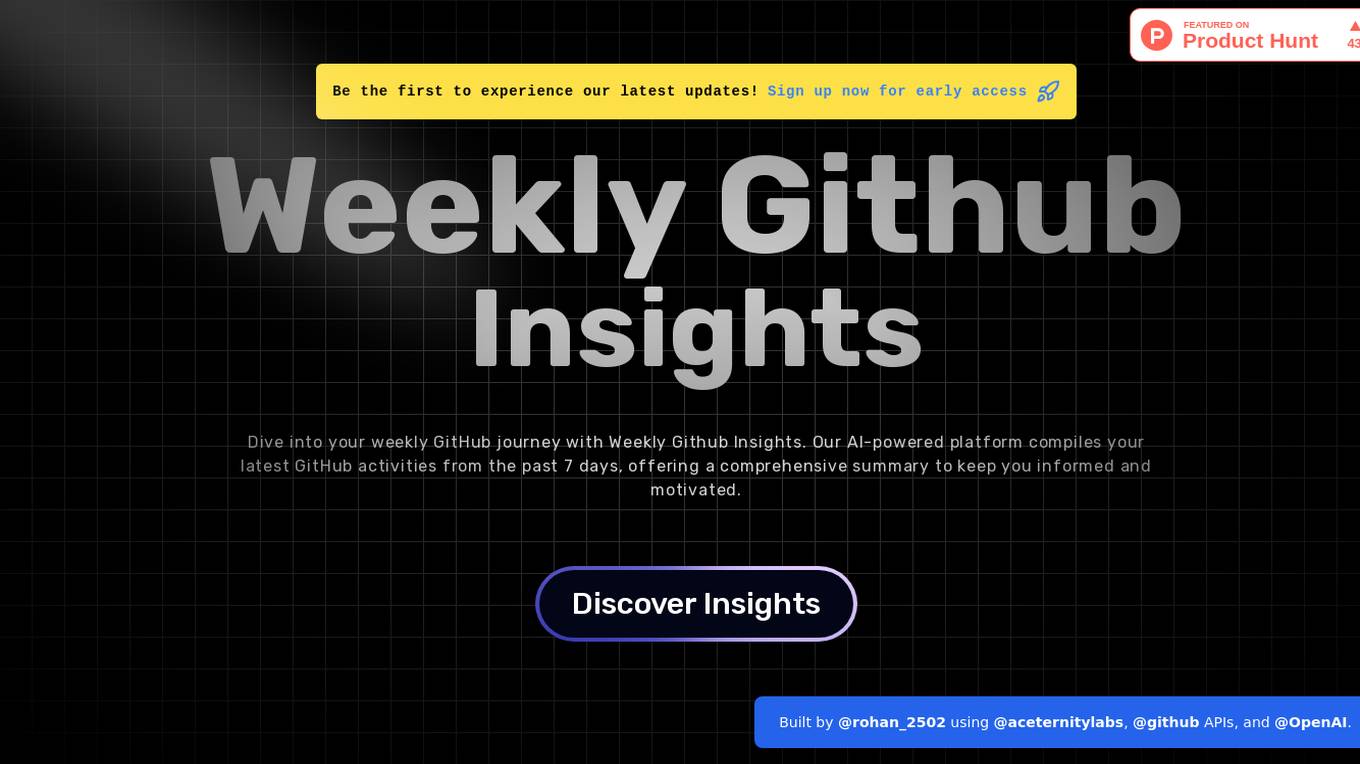
Weekly Github Insights
Weekly Github Insights is an AI-powered platform that provides users with a comprehensive summary of their latest GitHub activities from the past 7 days. It aims to keep users informed and motivated by compiling their weekly GitHub journey. The platform is built by @rohan_2502 using @aceternitylabs, @github APIs, and @OpenAI.
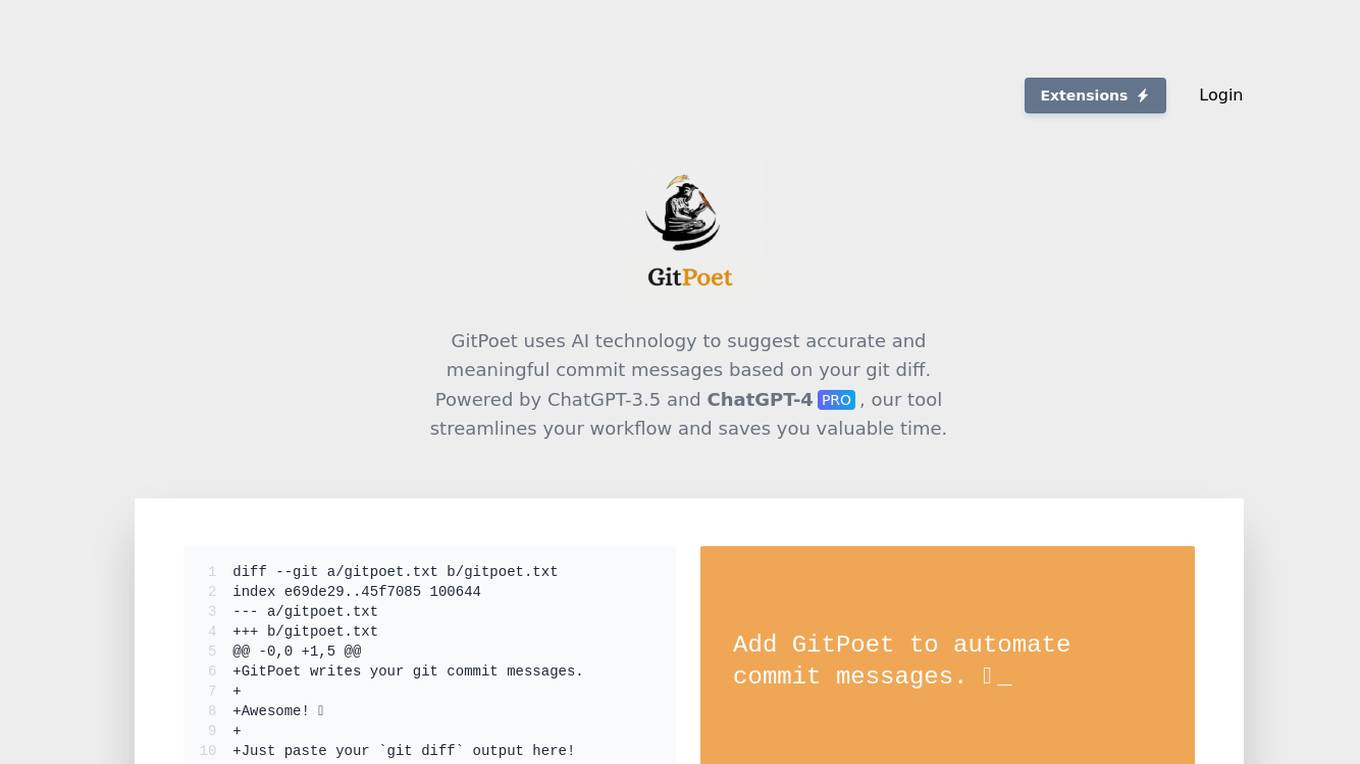
GitPoet
GitPoet is an AI tool that generates creative and meaningful Git commit messages. It uses advanced natural language processing algorithms to analyze code changes and suggest relevant commit messages. With GitPoet, developers can save time and effort in writing commit messages, while also improving the overall quality and consistency of their commit history.
1 - Open Source AI Tools
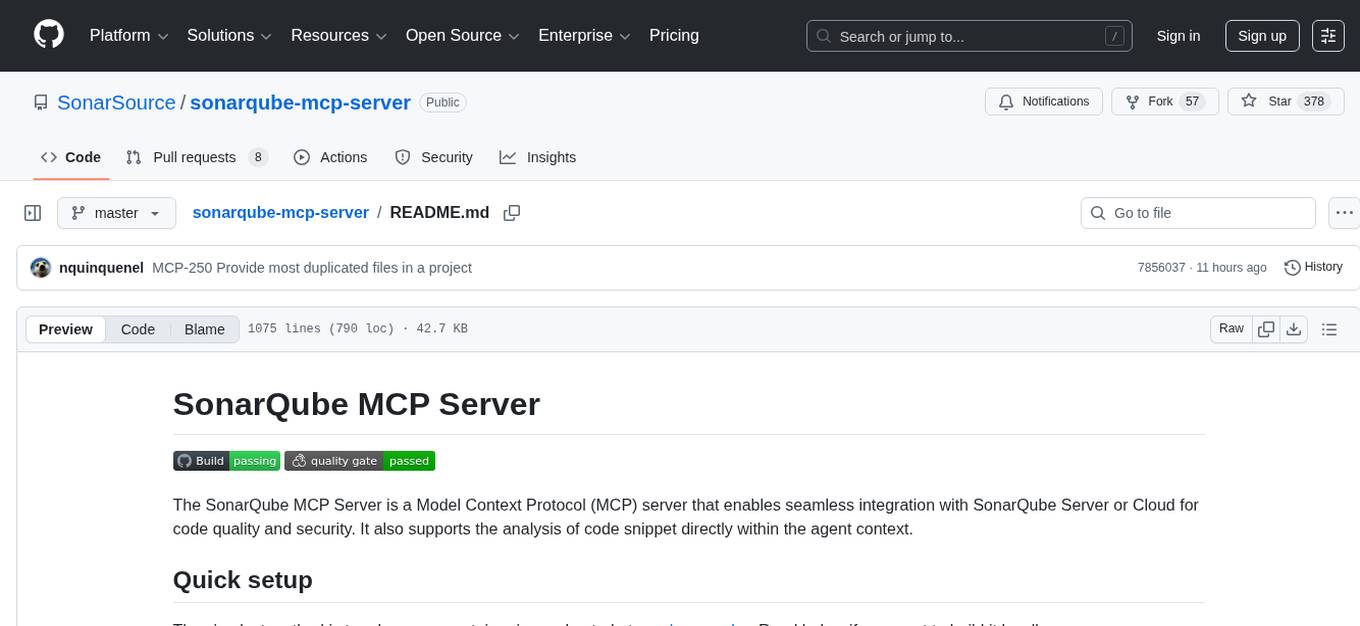
sonarqube-mcp-server
The SonarQube MCP Server is a Model Context Protocol (MCP) server that enables seamless integration with SonarQube Server or Cloud for code quality and security. It supports the analysis of code snippets directly within the agent context. The server provides various tools for analyzing code, managing issues, accessing metrics, and interacting with SonarQube projects. It also supports advanced features like dependency risk analysis, enterprise portfolio management, and system health checks. The server can be configured for different transport modes, proxy settings, and custom certificates. Telemetry data collection can be disabled if needed.
20 - OpenAI Gpts

人為的コード性格分析(Code Persona Analyst)
コードを分析し、言語ではなくスタイルに焦点を当て、プログラムを書いた人の性格を推察するツールです。( It is a tool that analyzes code, focuses on style rather than language, and infers the personality of the person who wrote the program. )
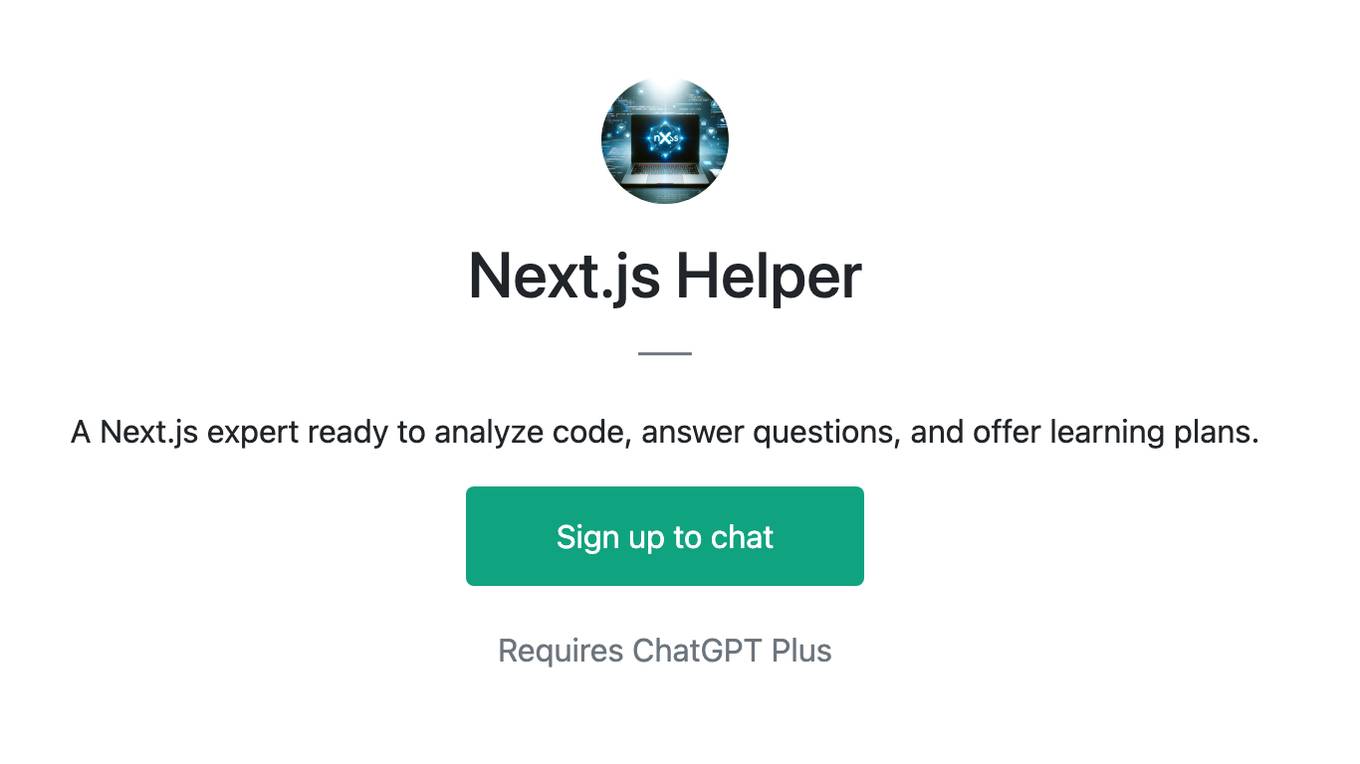
Next.js Helper
A Next.js expert ready to analyze code, answer questions, and offer learning plans.

Dr. Keith's Code Accessibility Helper
Analyzes code for accessibility issues & provides recommendations
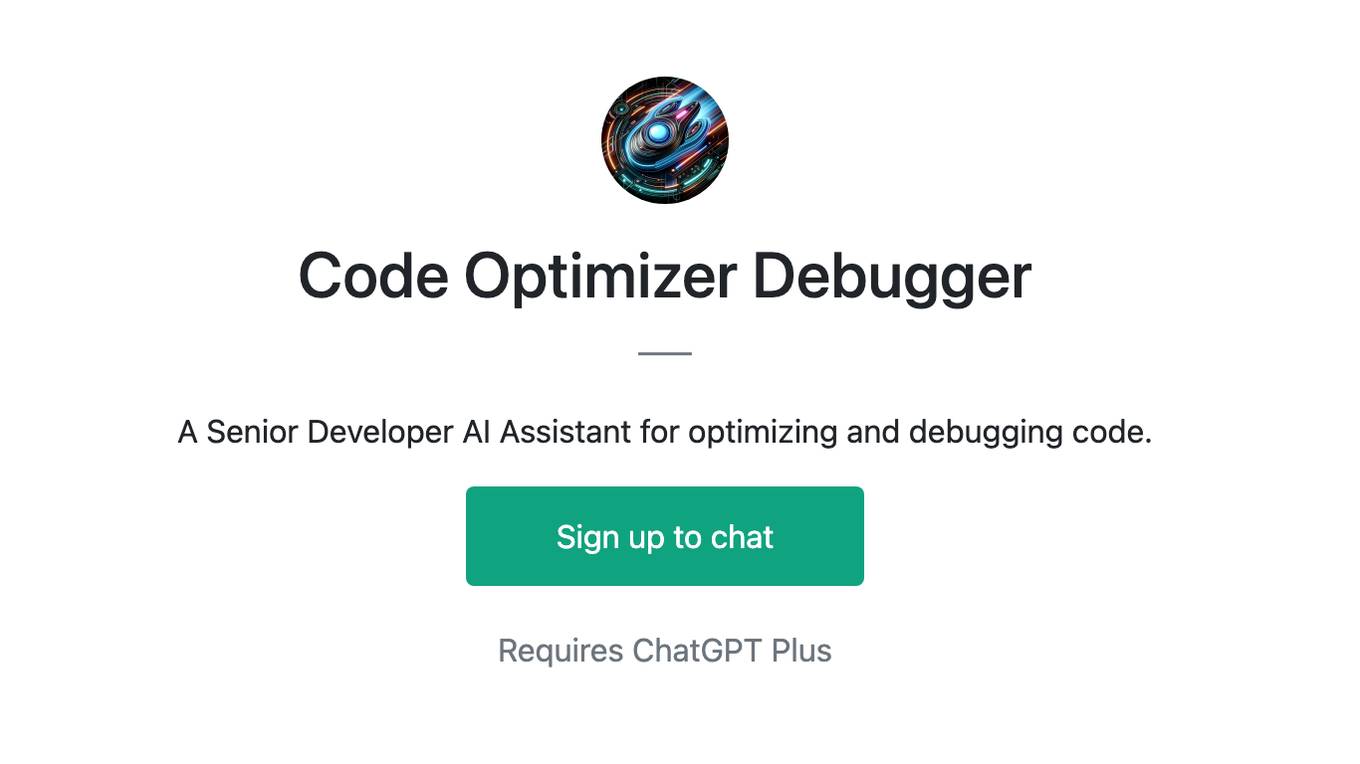
Code Optimizer Debugger
A Senior Developer AI Assistant for optimizing and debugging code.
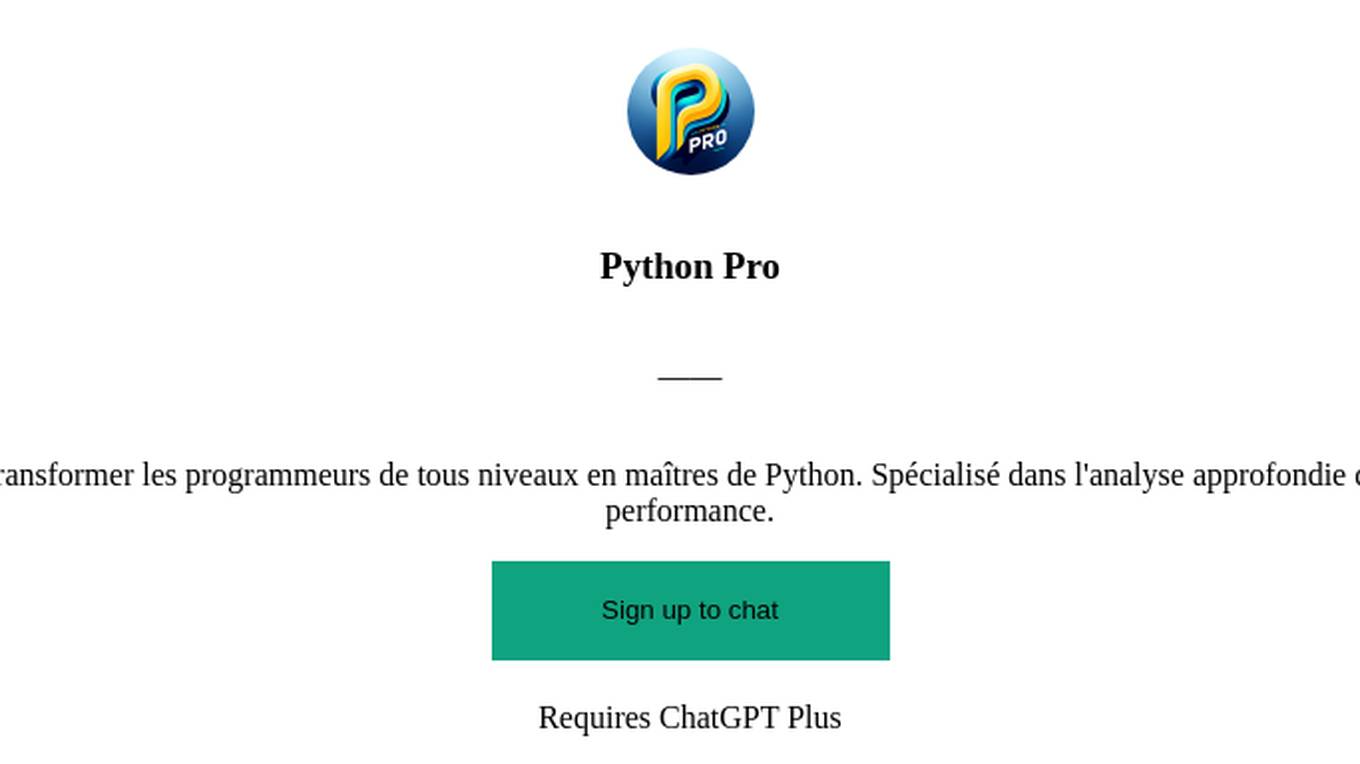
Python Pro
Assistant Python ultra-personnalisé, conçu pour transformer les programmeurs de tous niveaux en maîtres de Python. Spécialisé dans l'analyse approfondie du code, les tutoriels interactifs, et l'optimisation de performance.
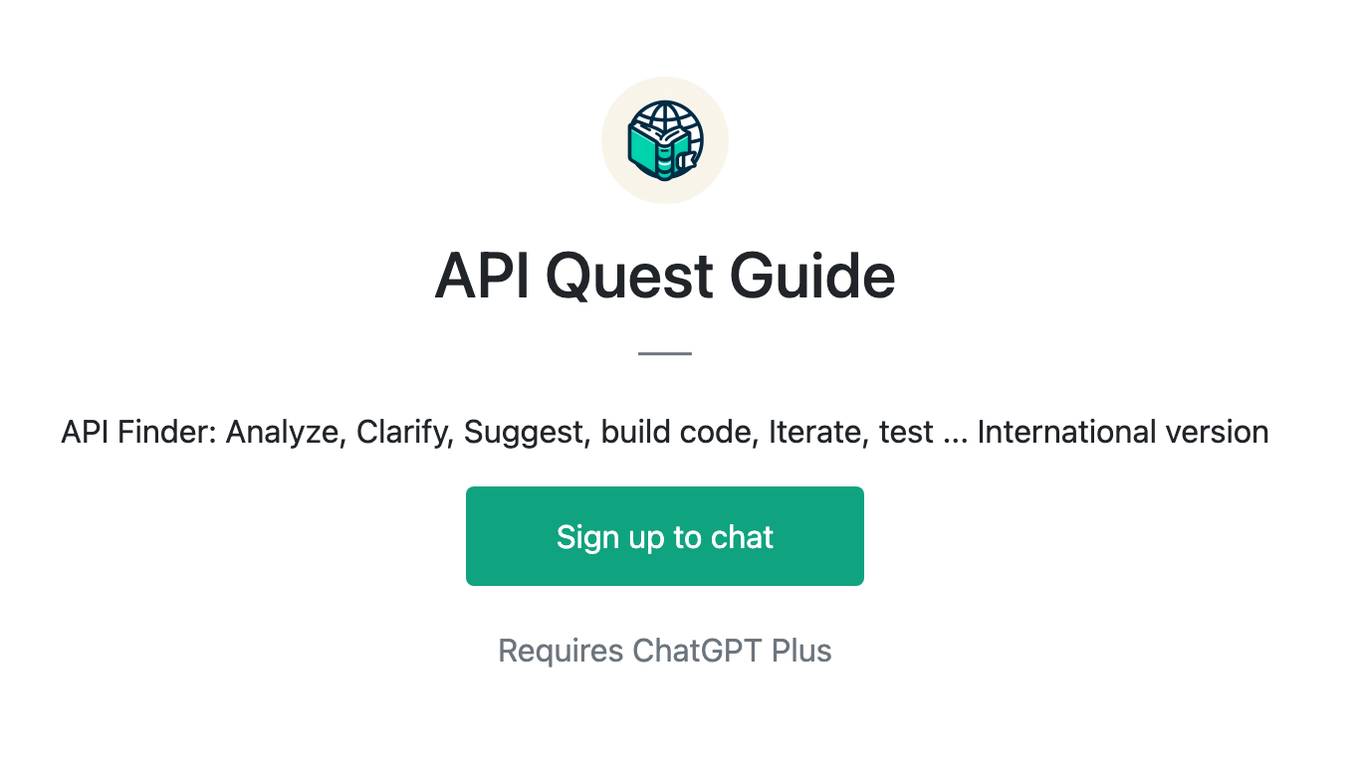
API Quest Guide
API Finder: Analyze, Clarify, Suggest, build code, Iterate, test ... International version
